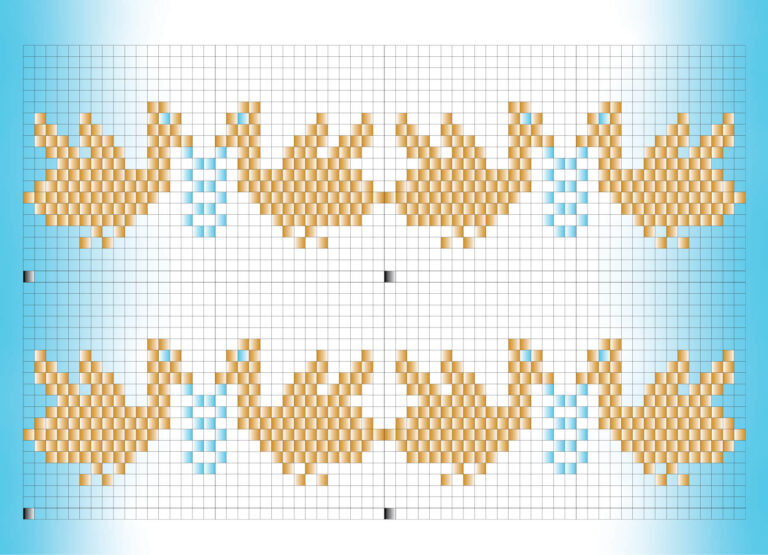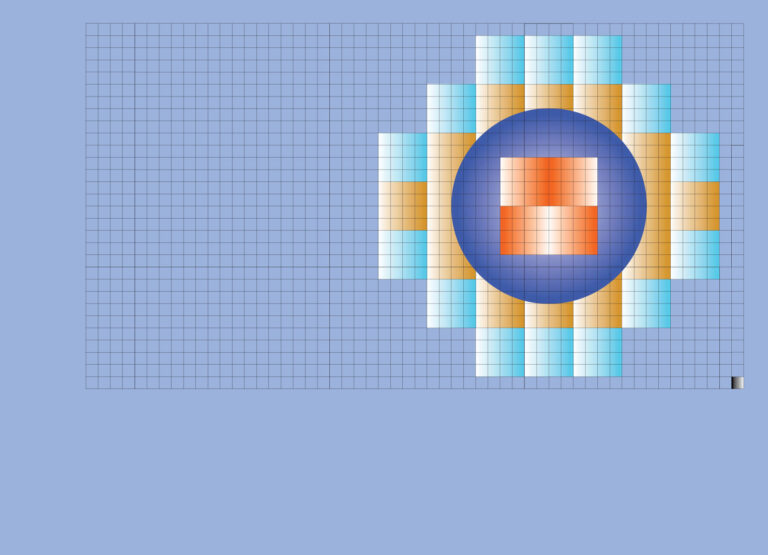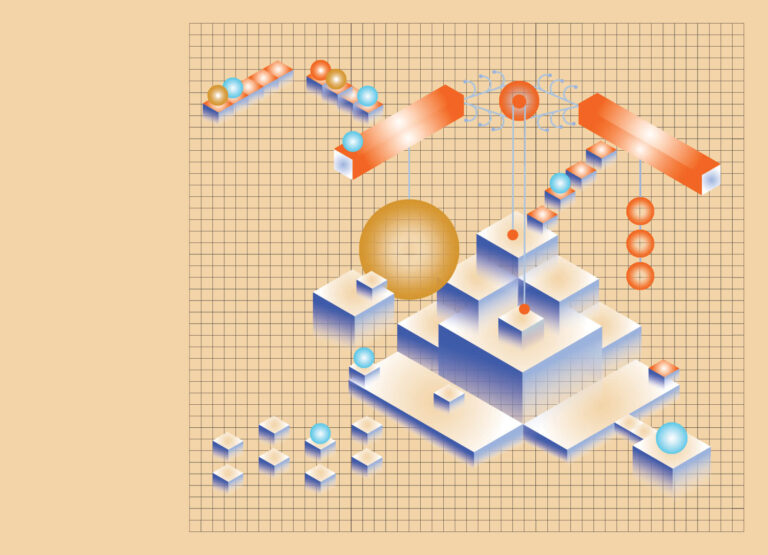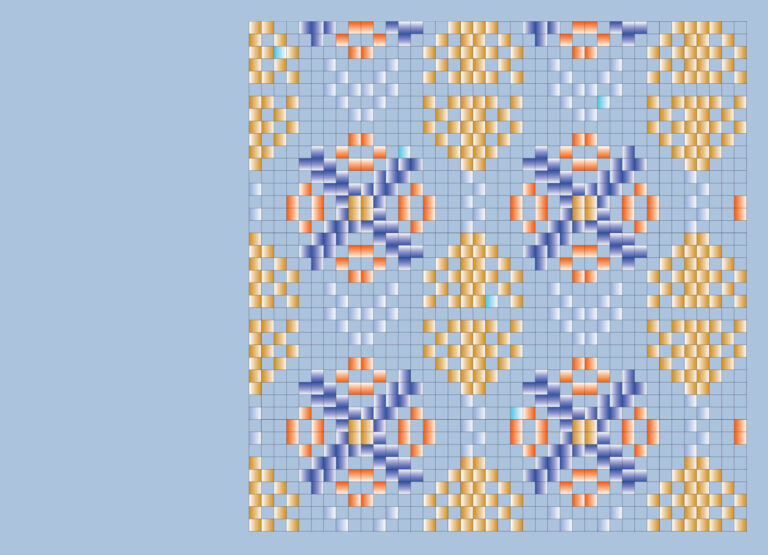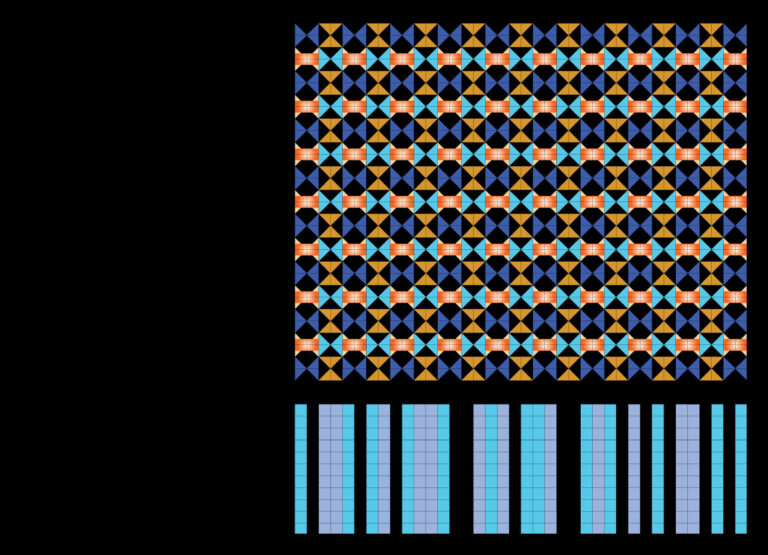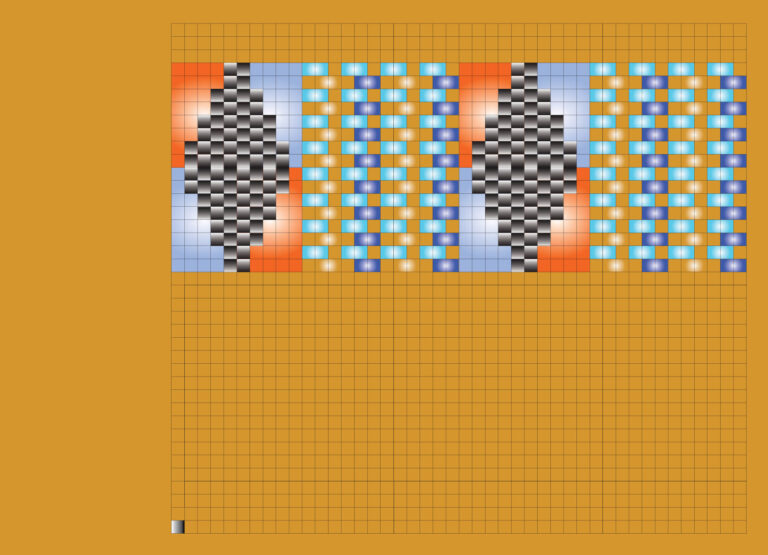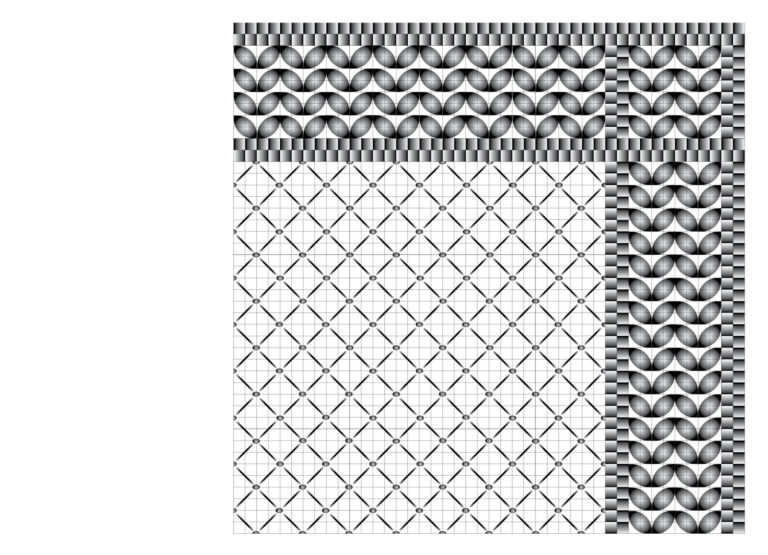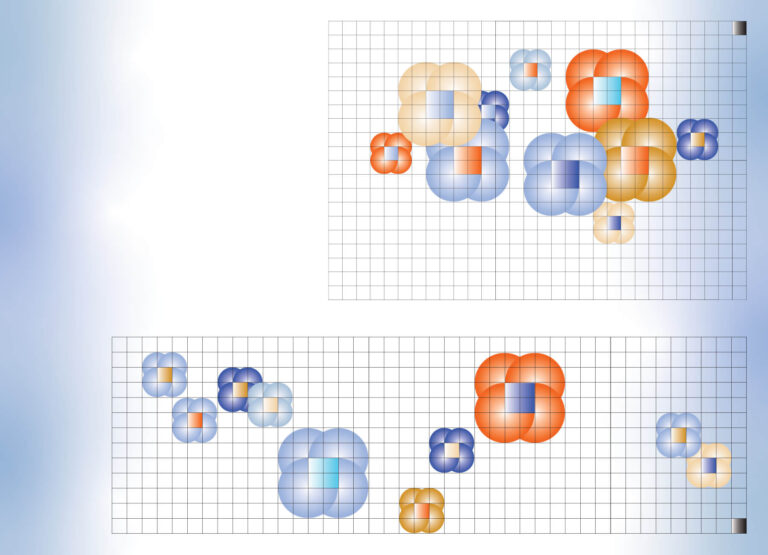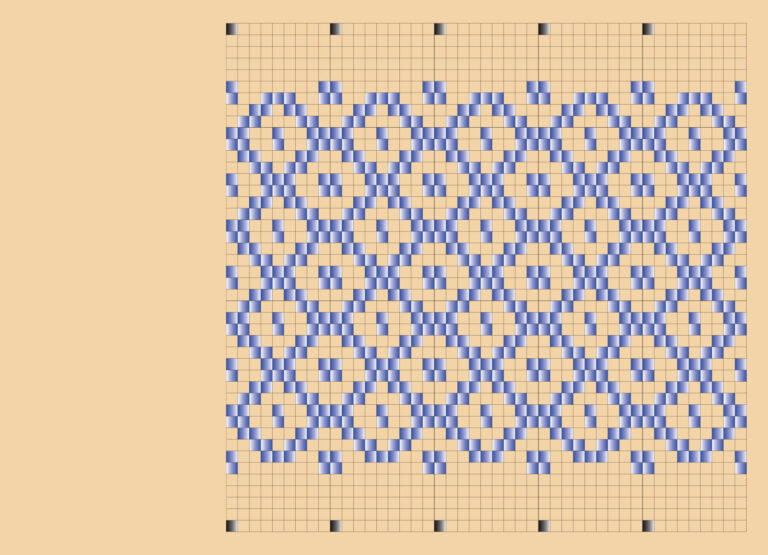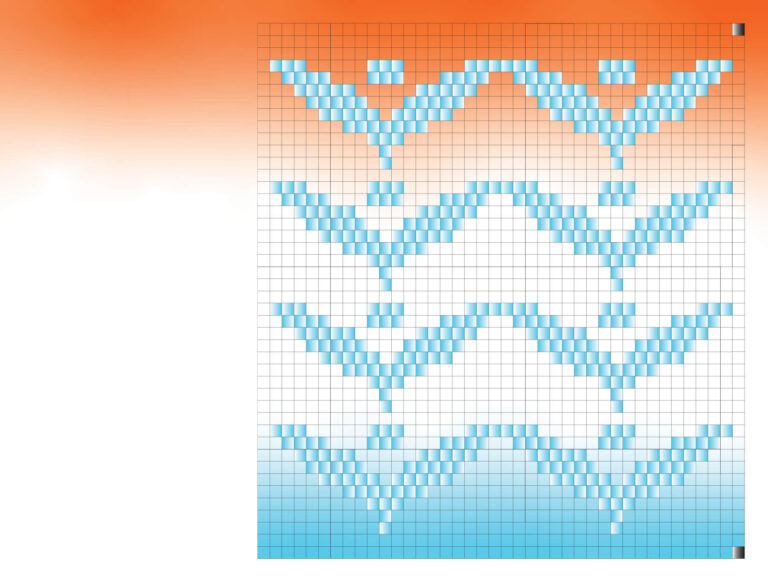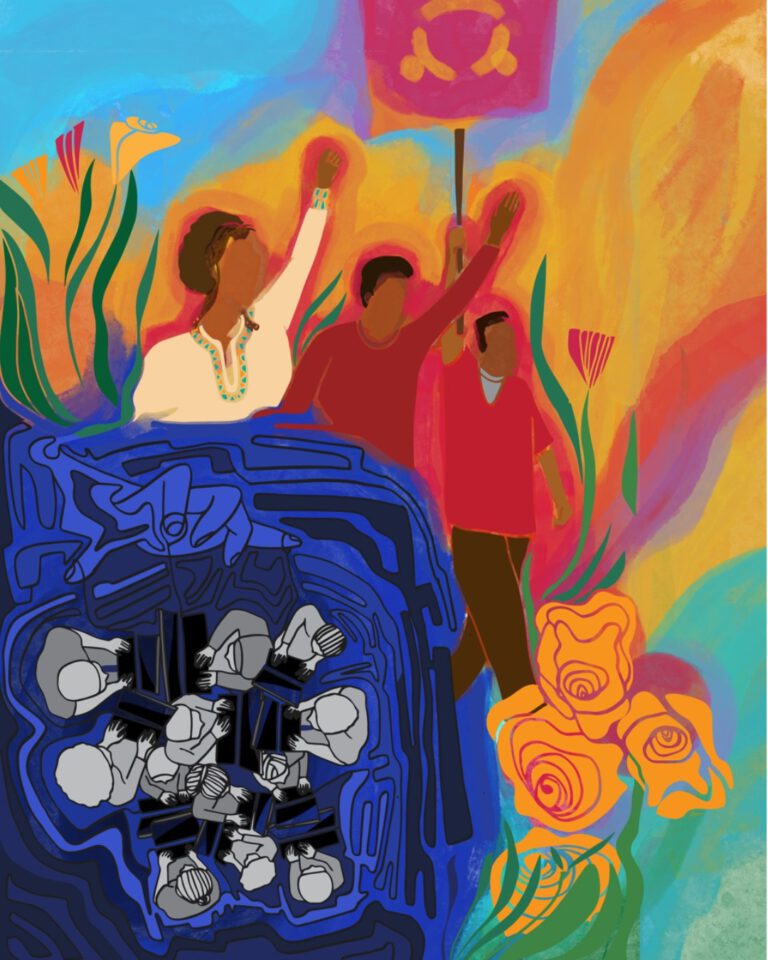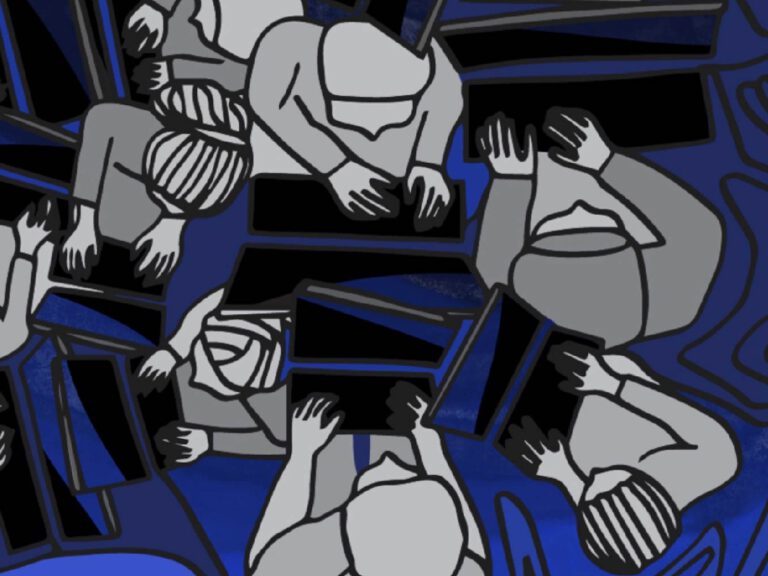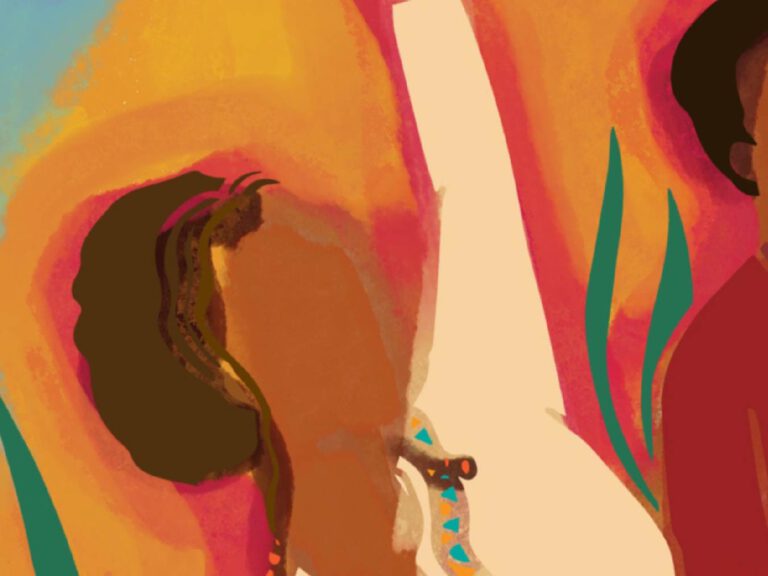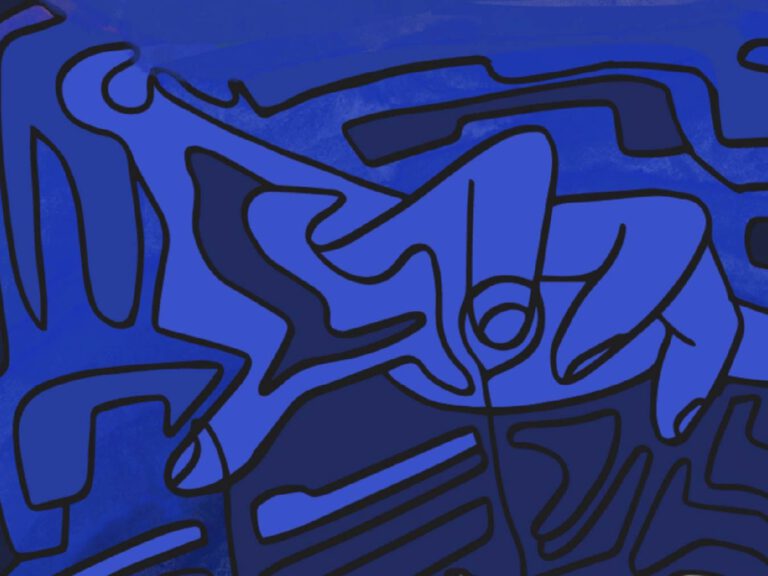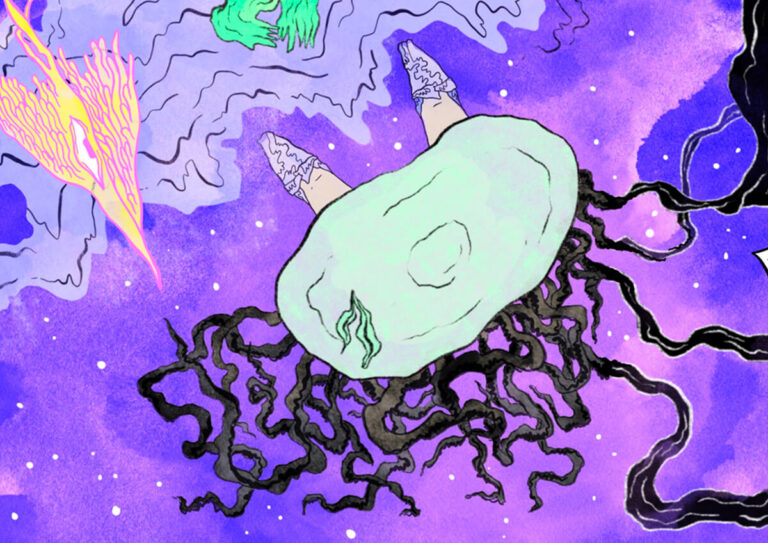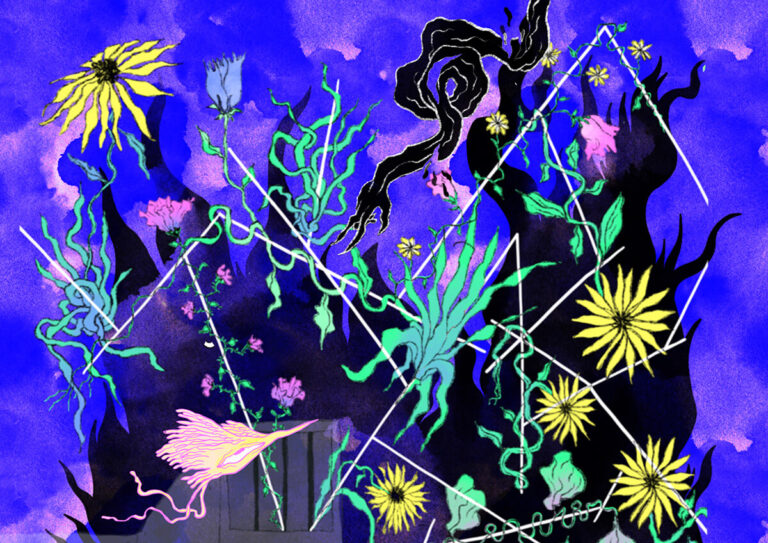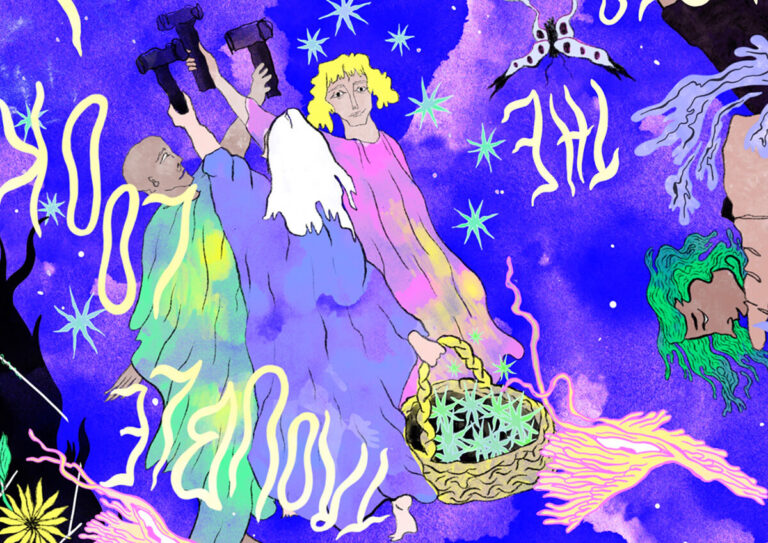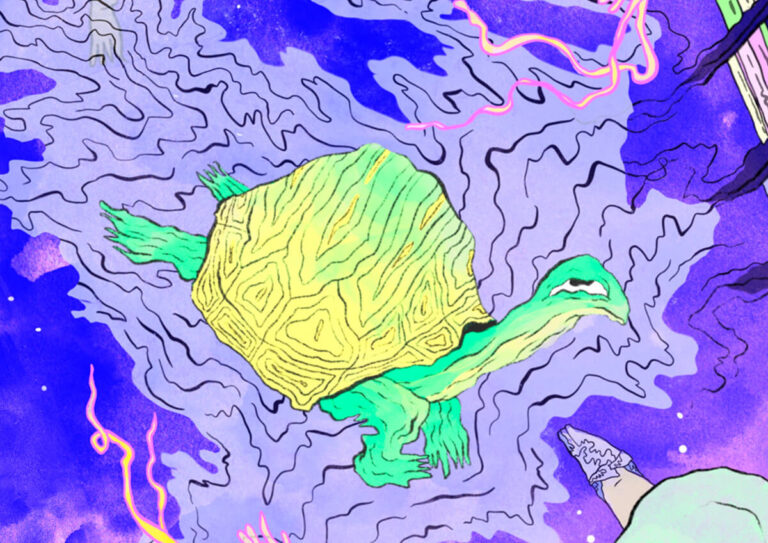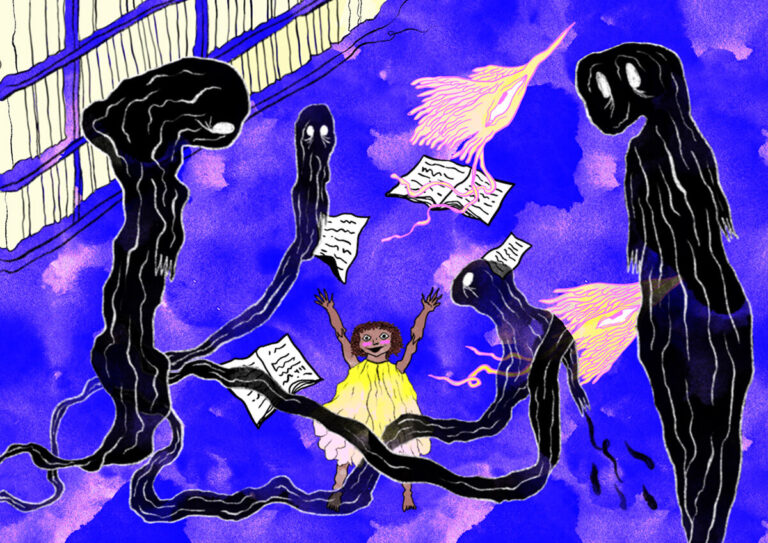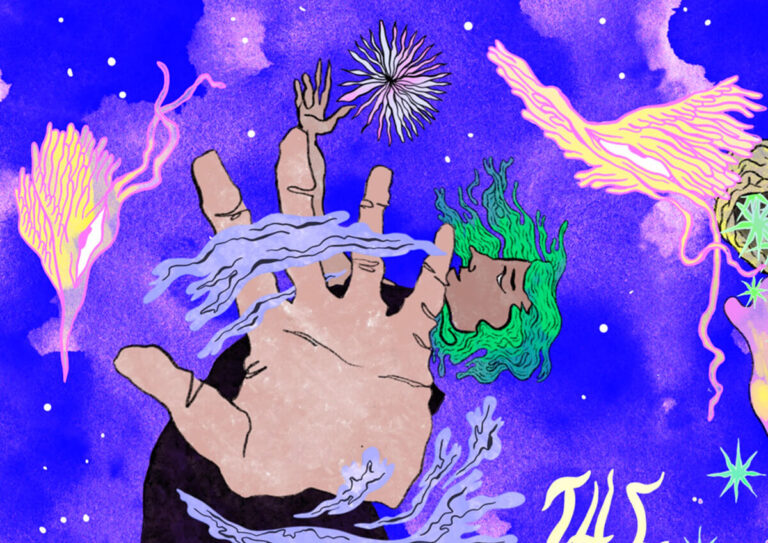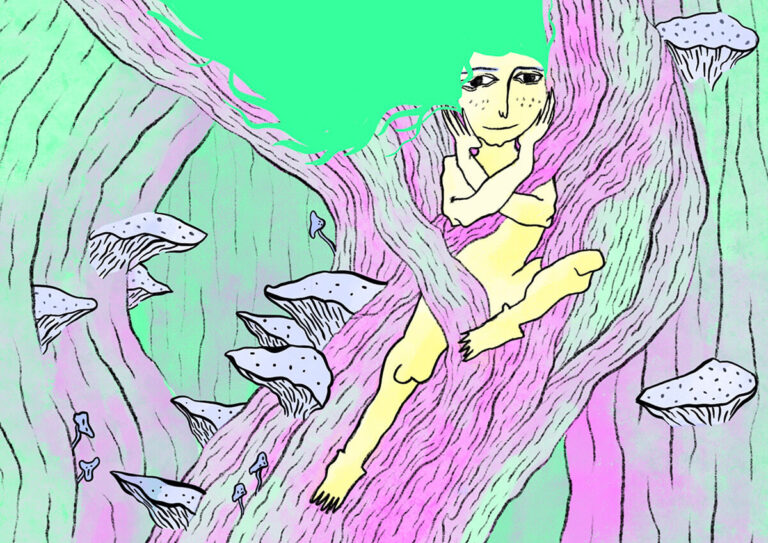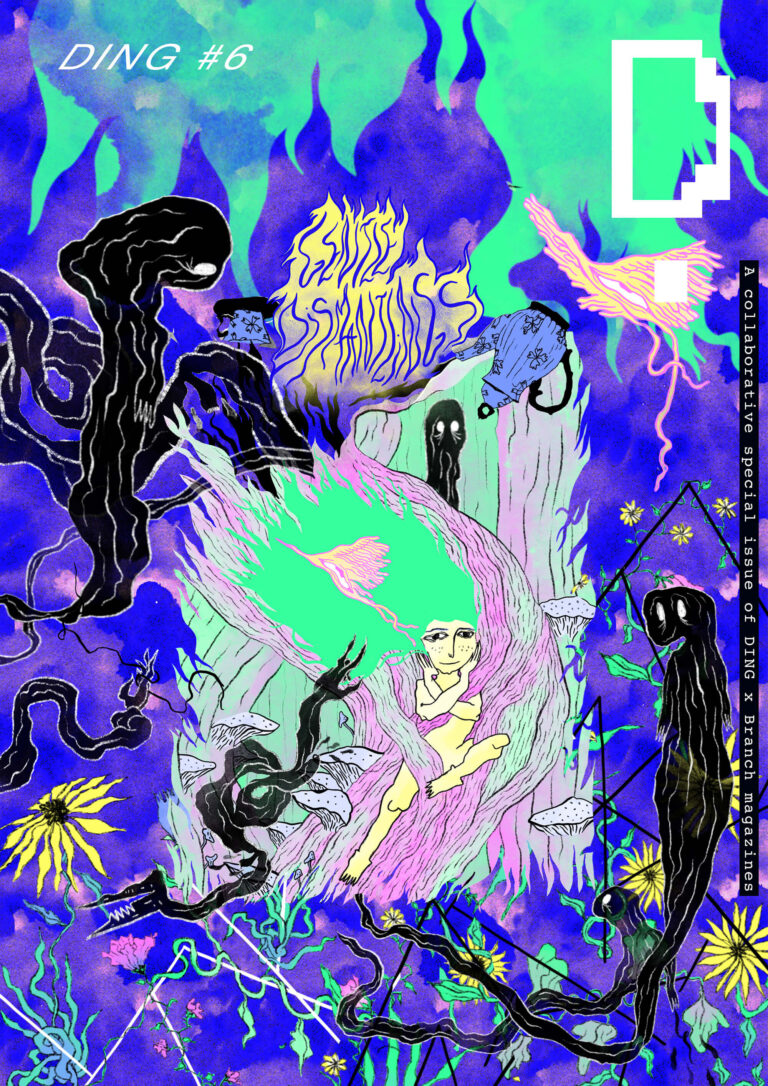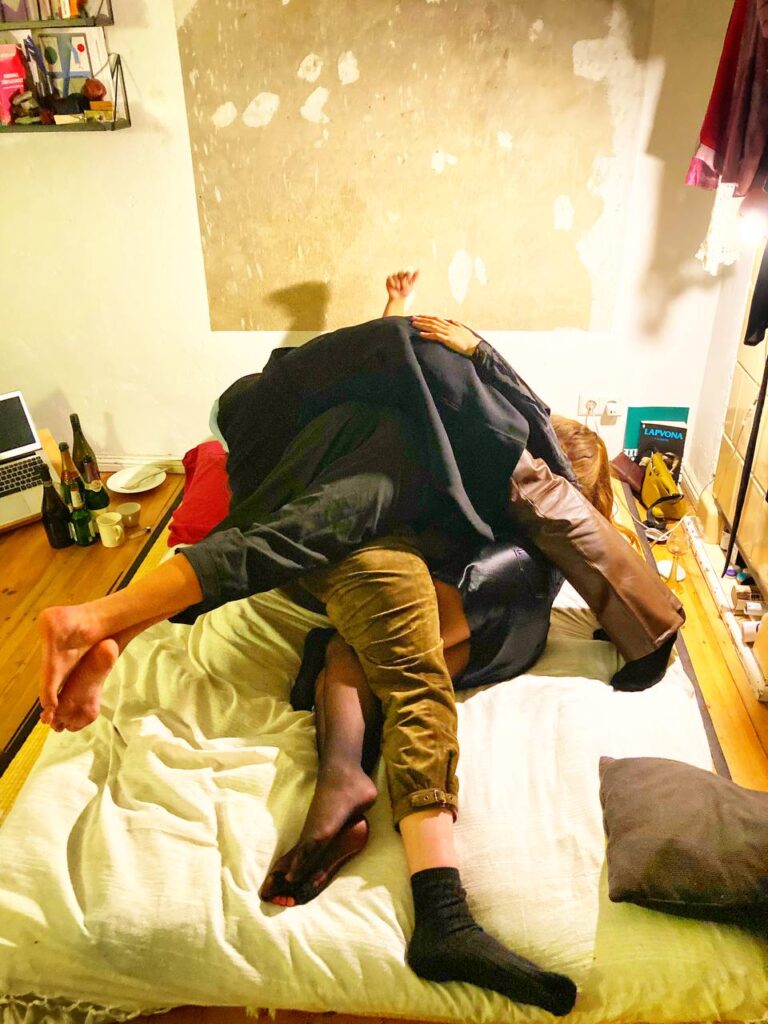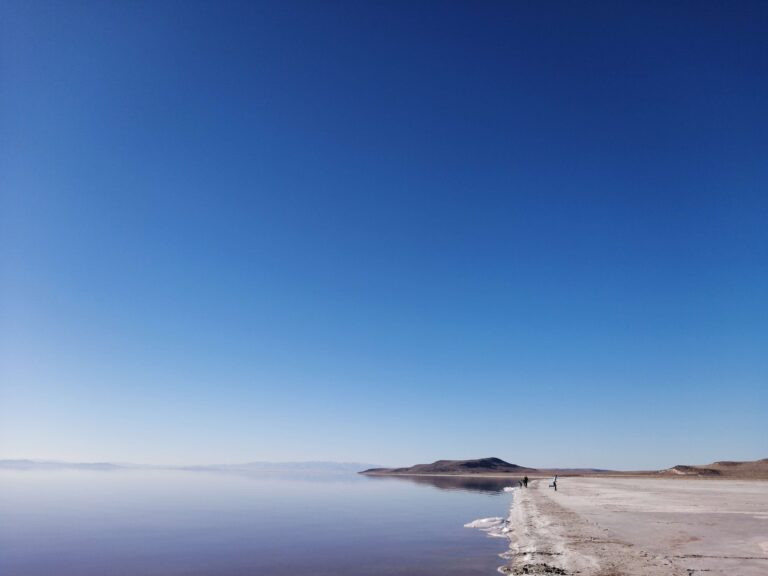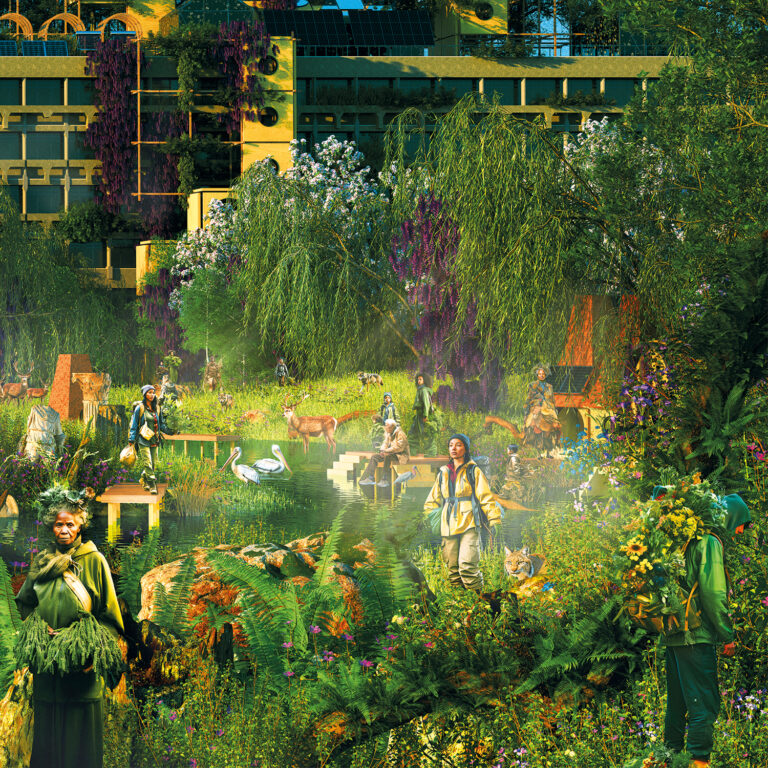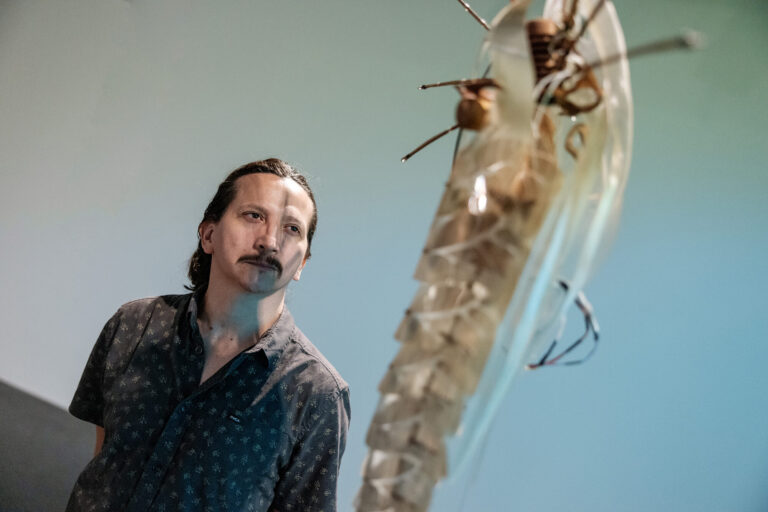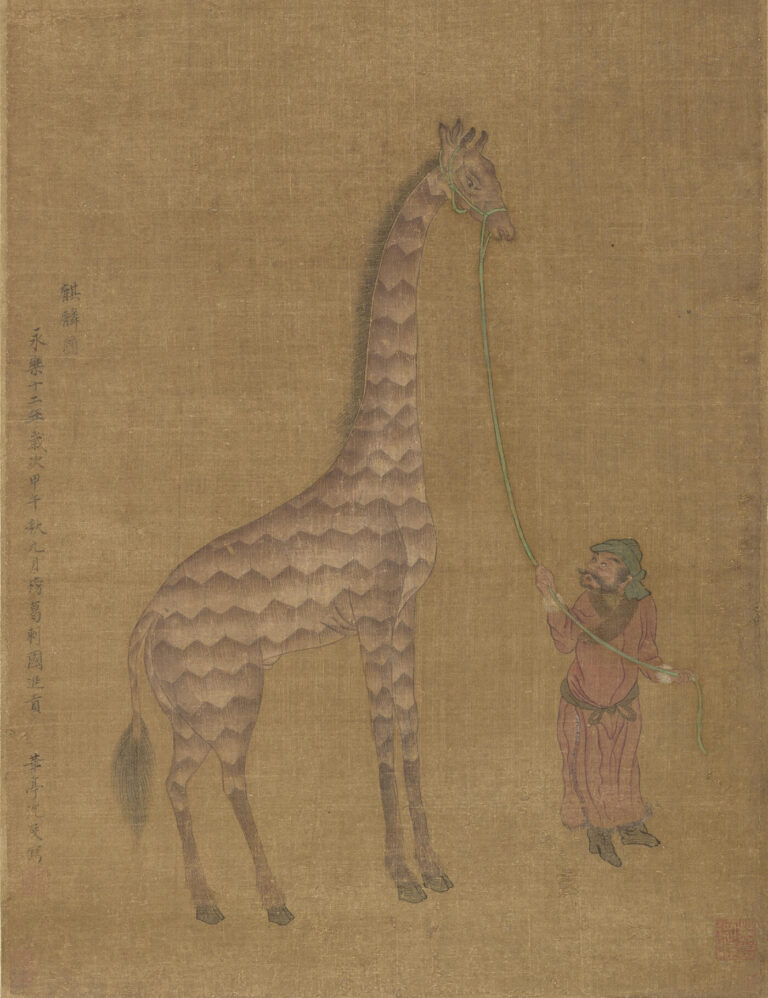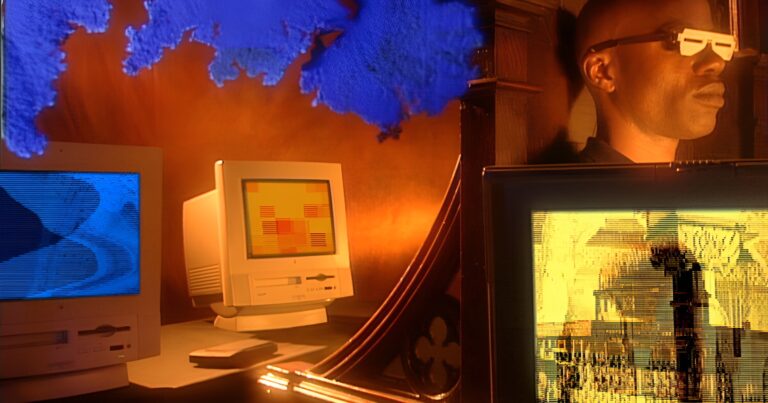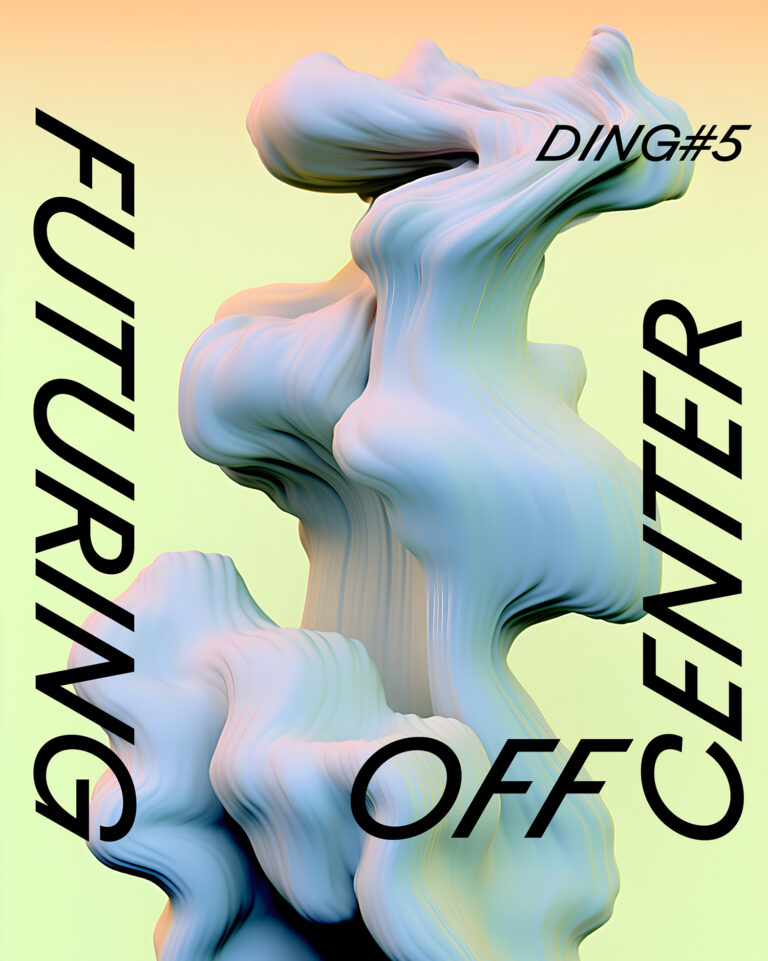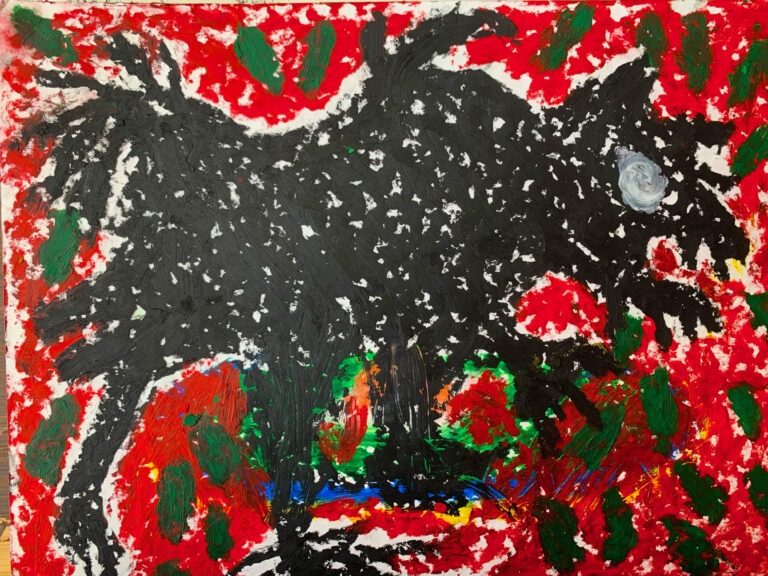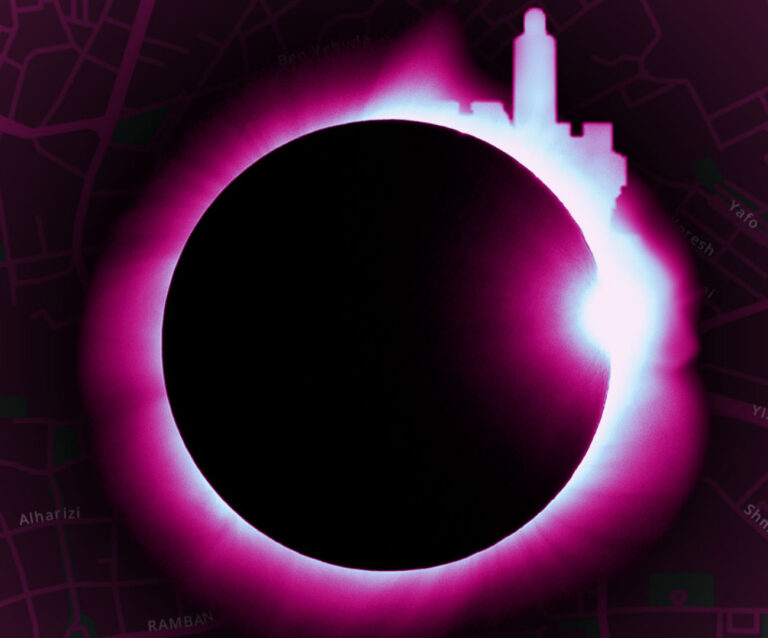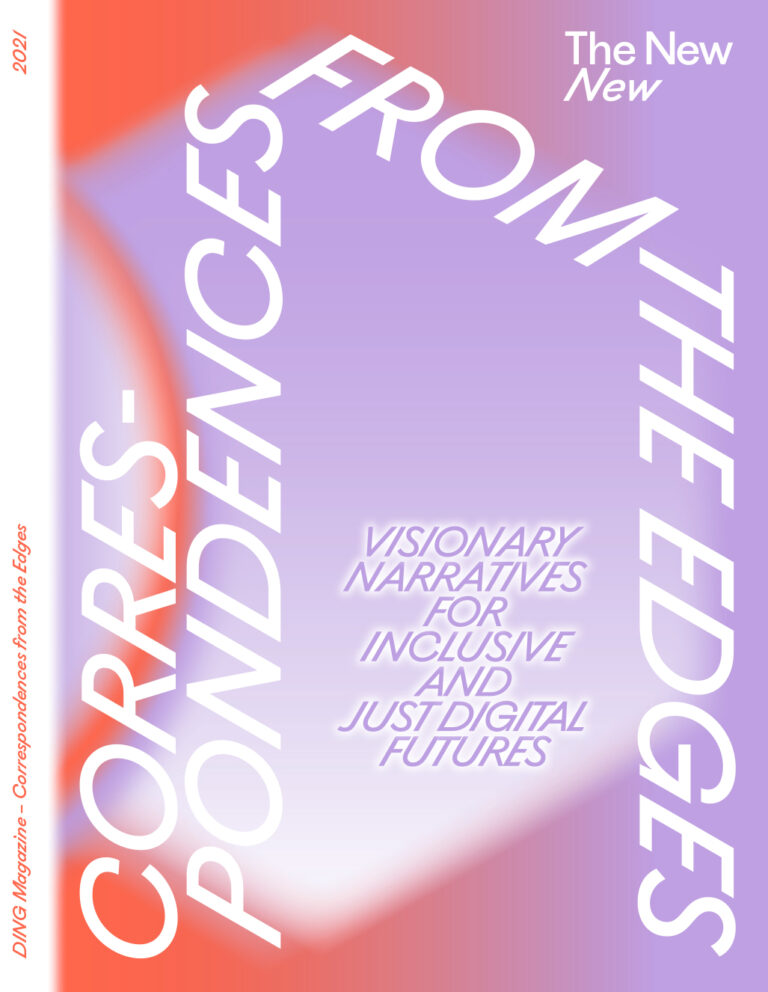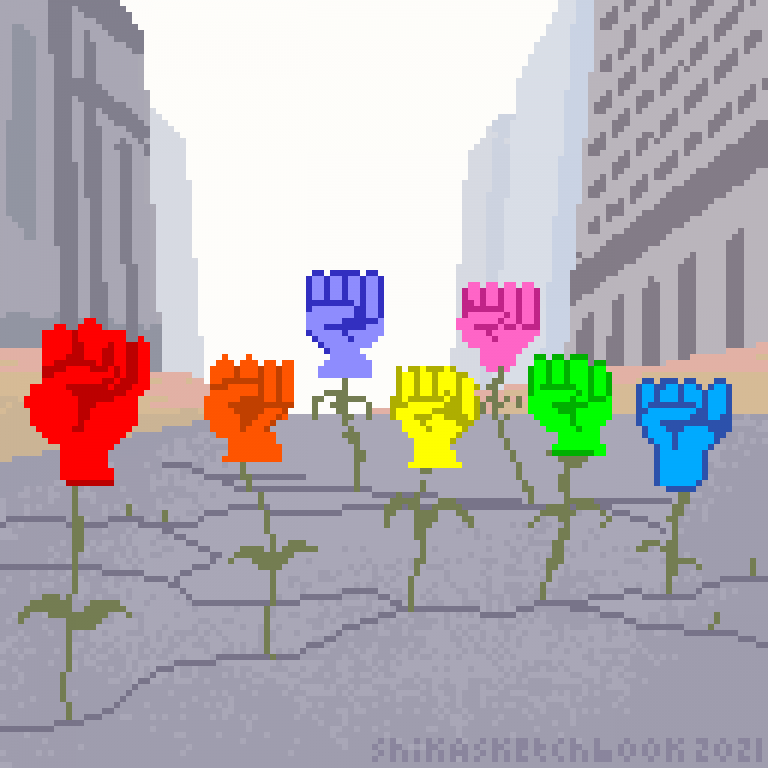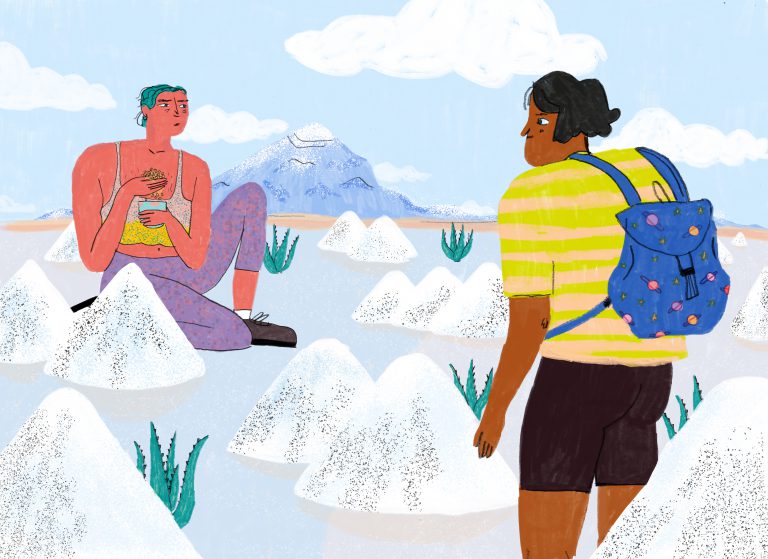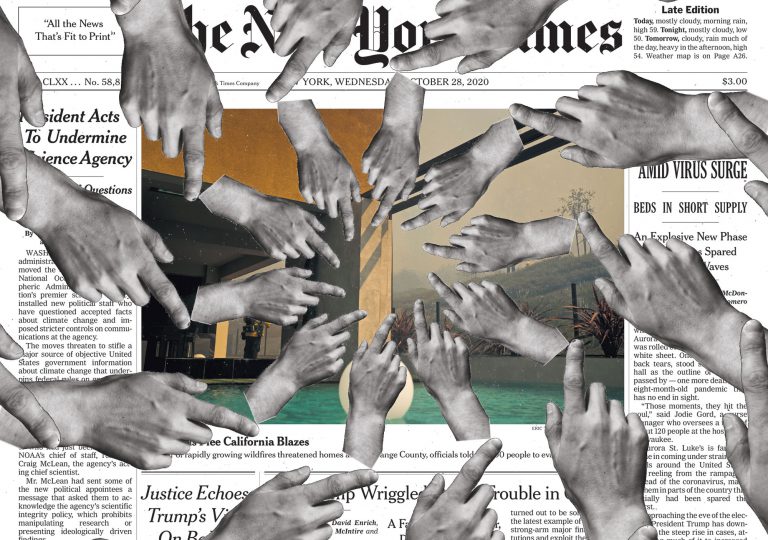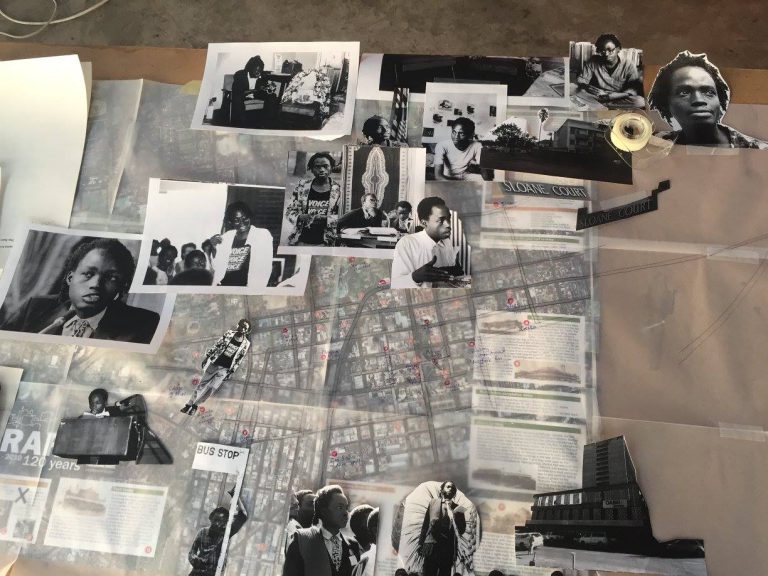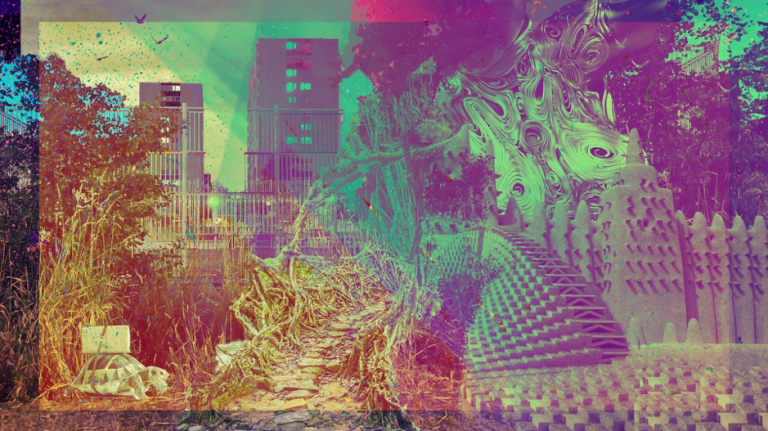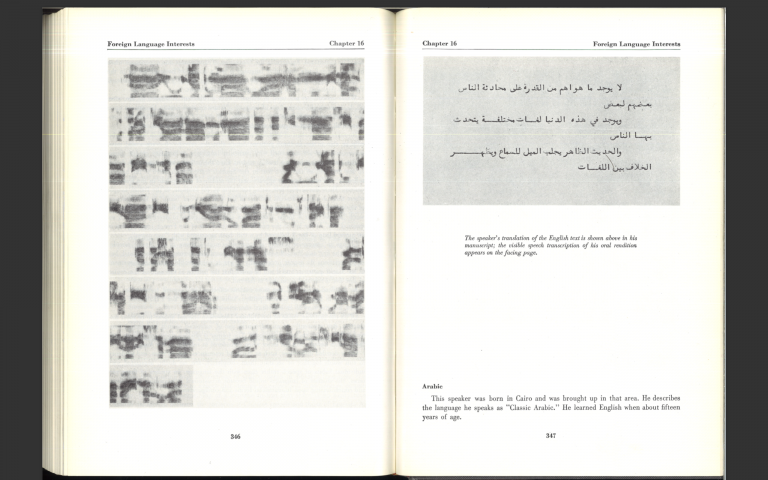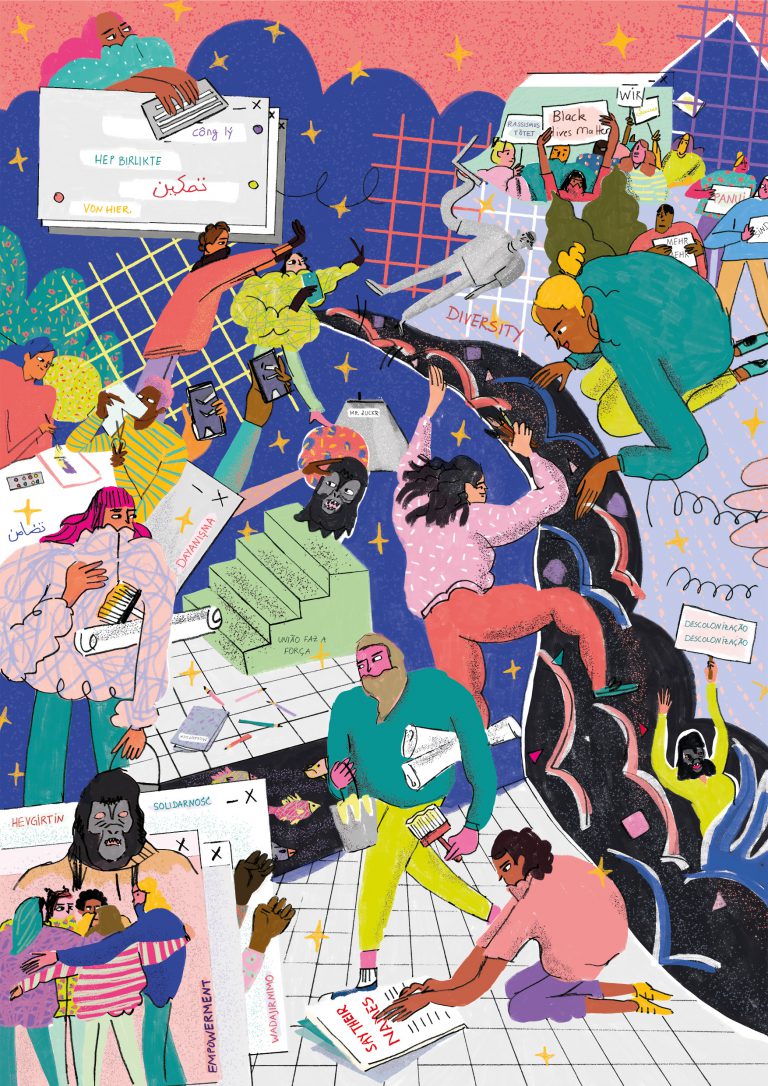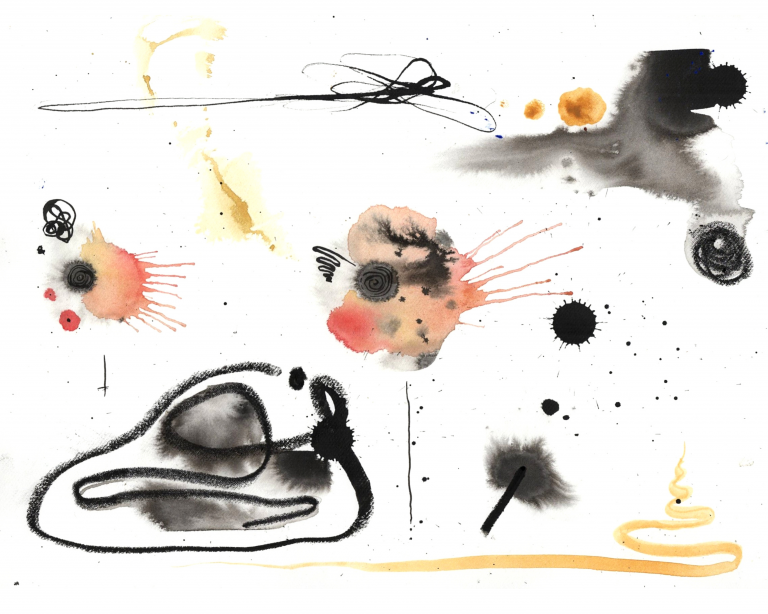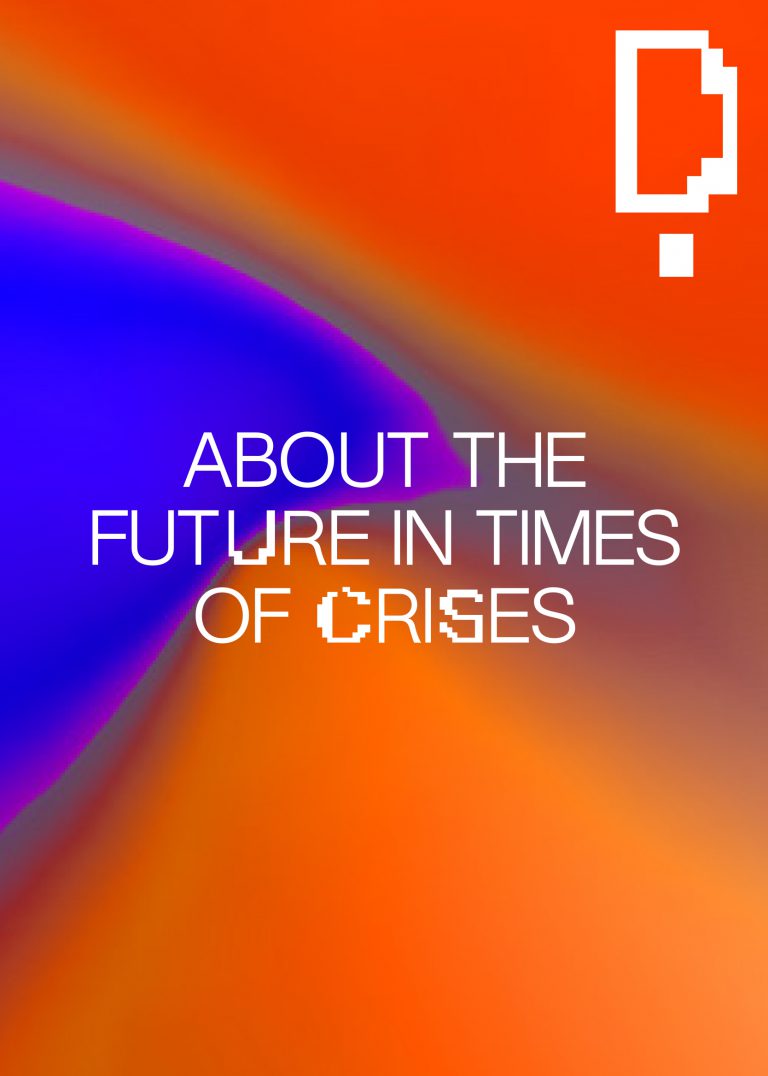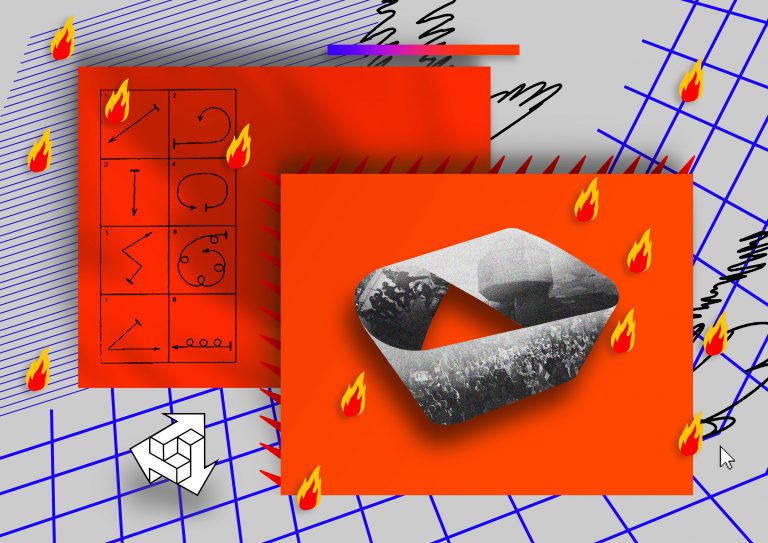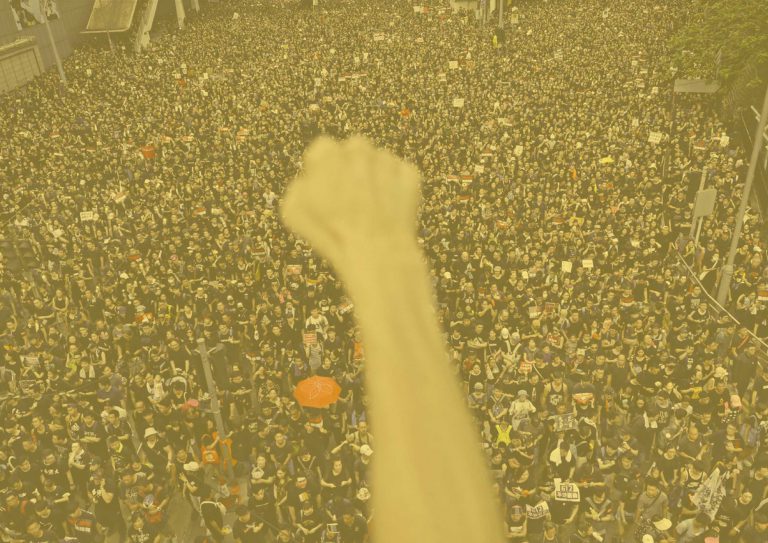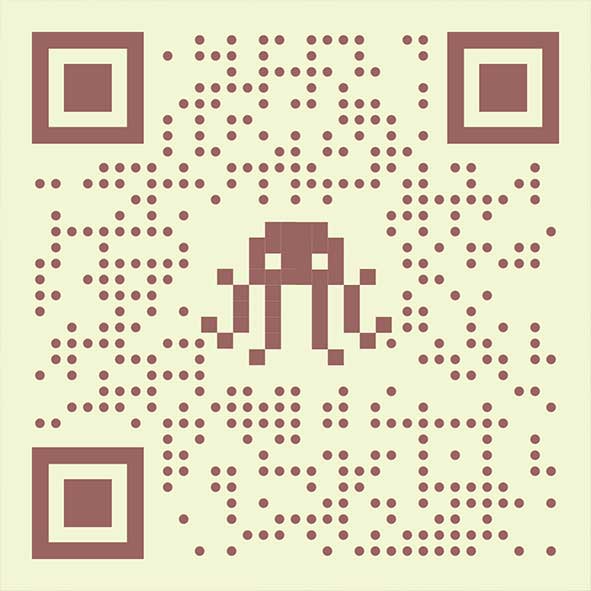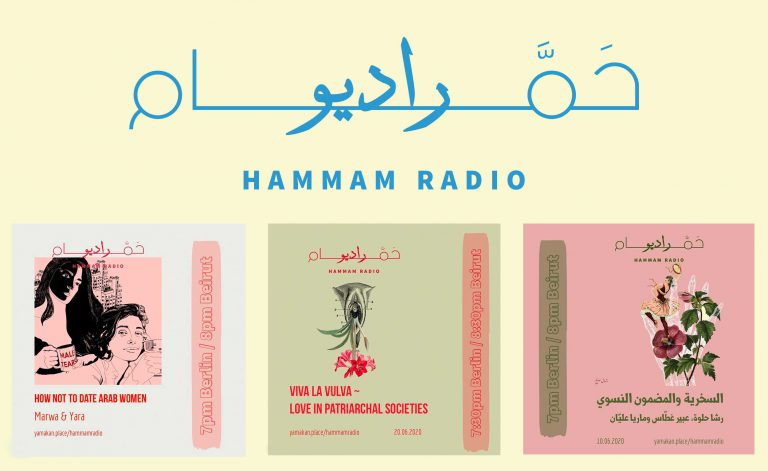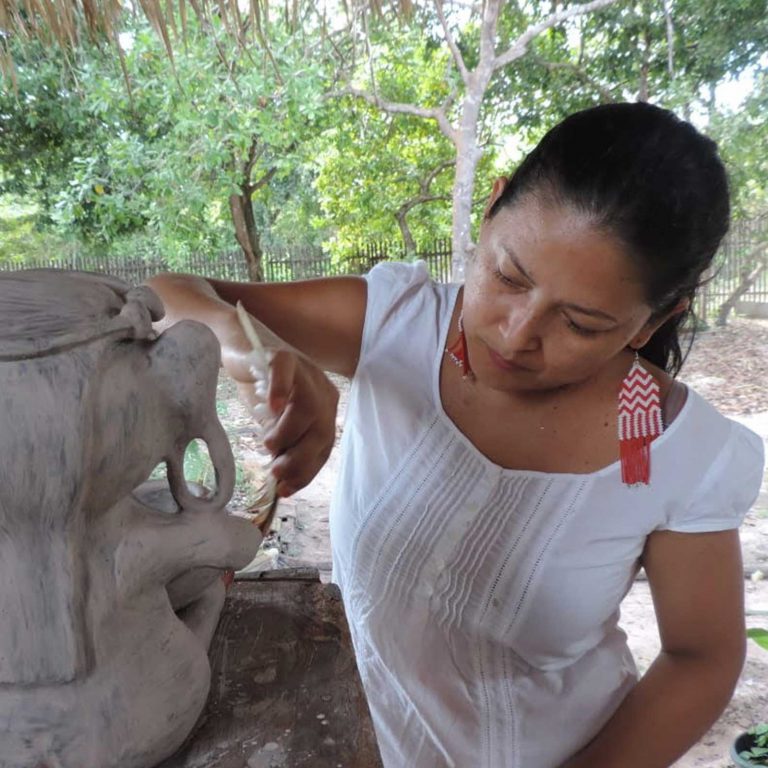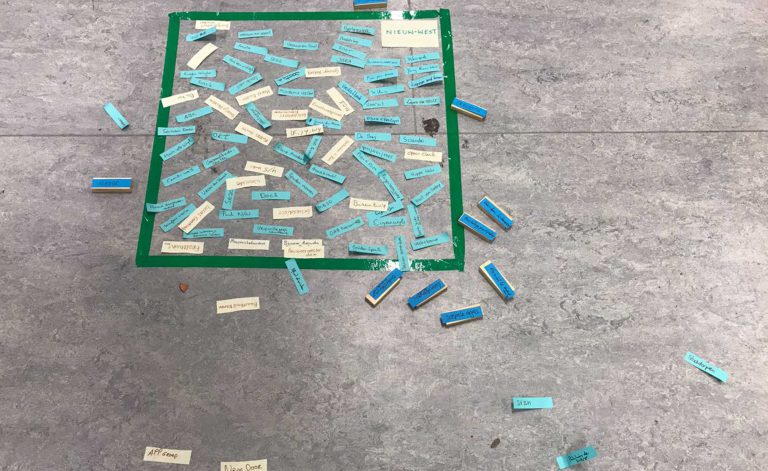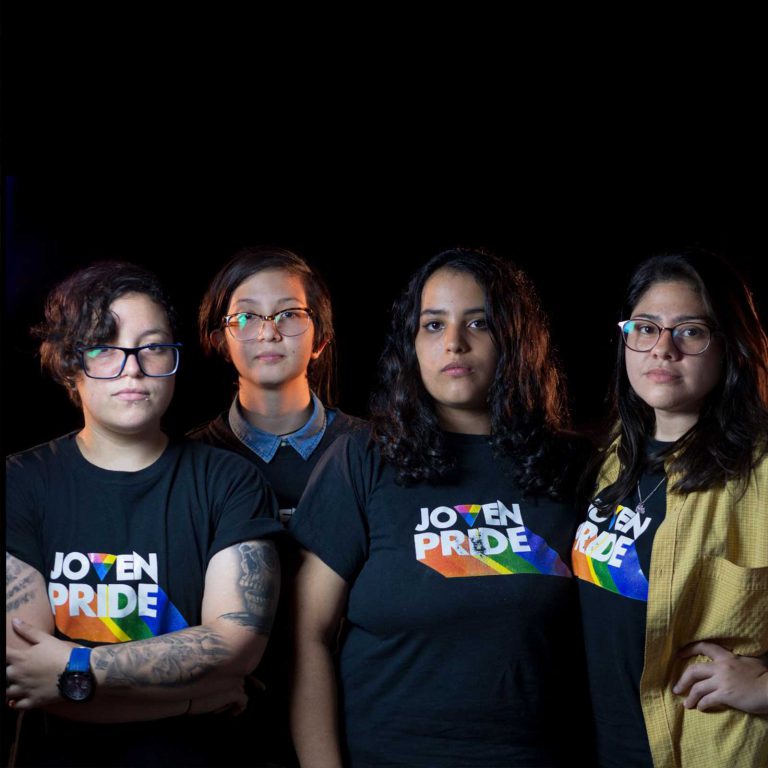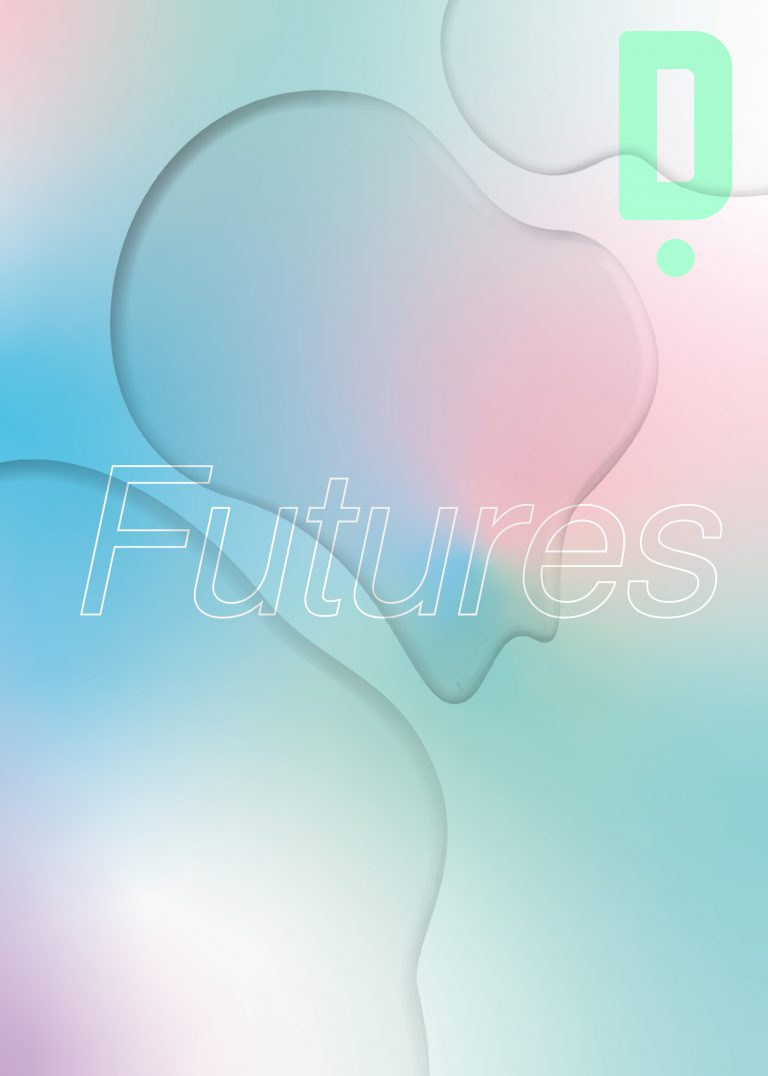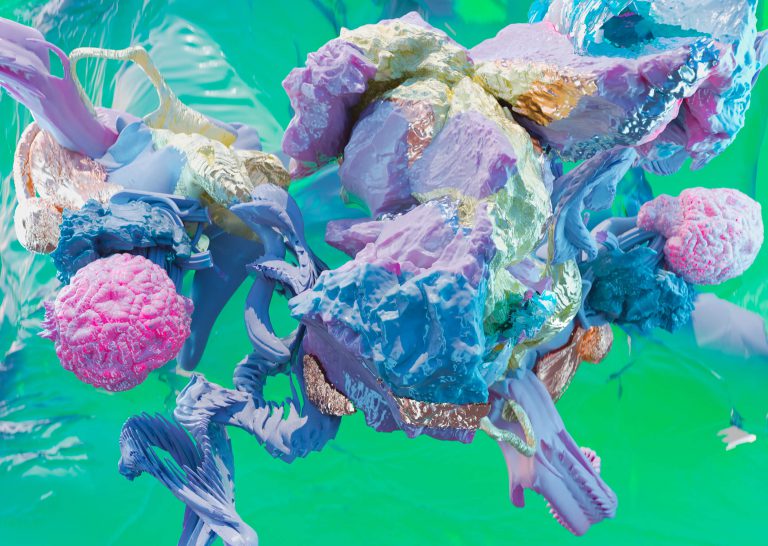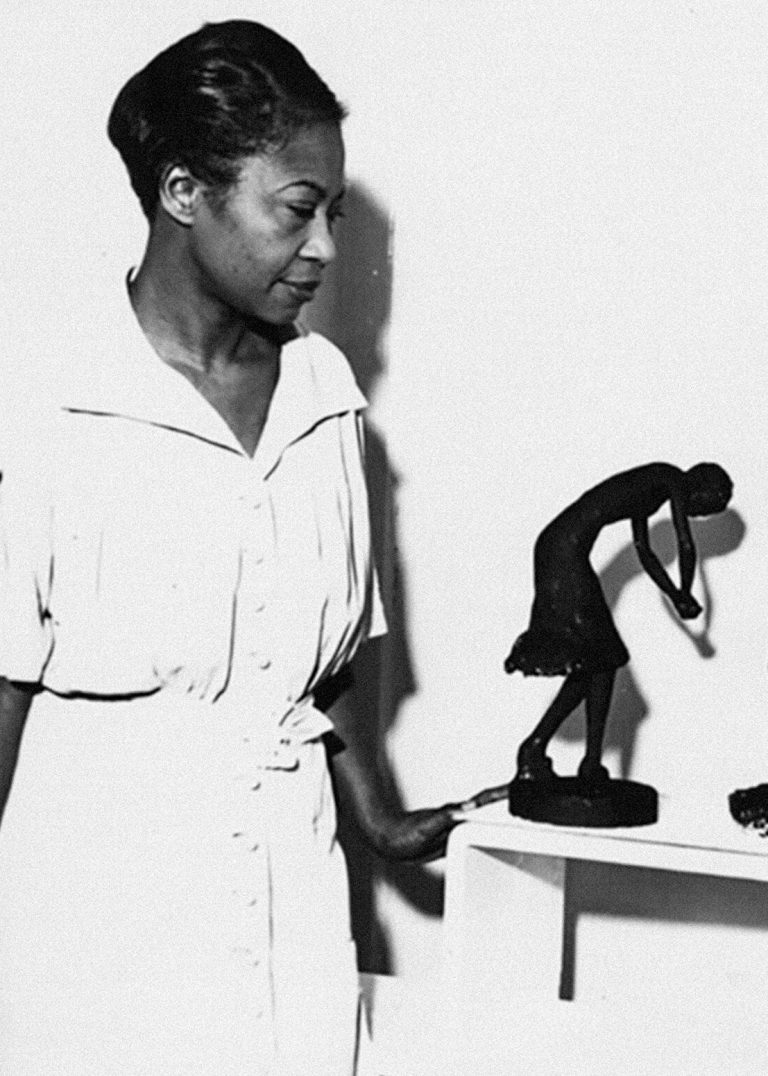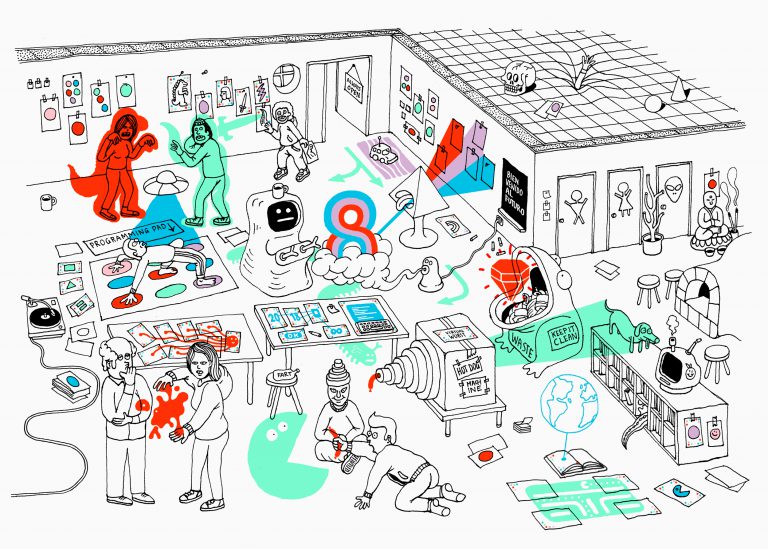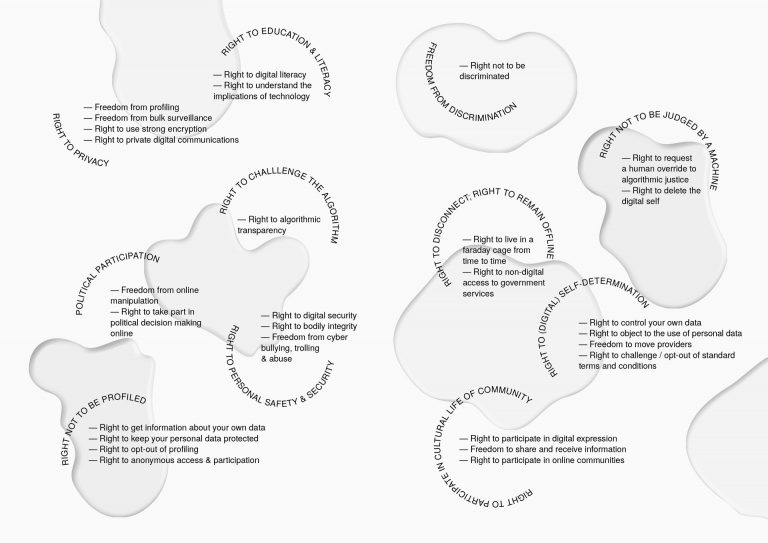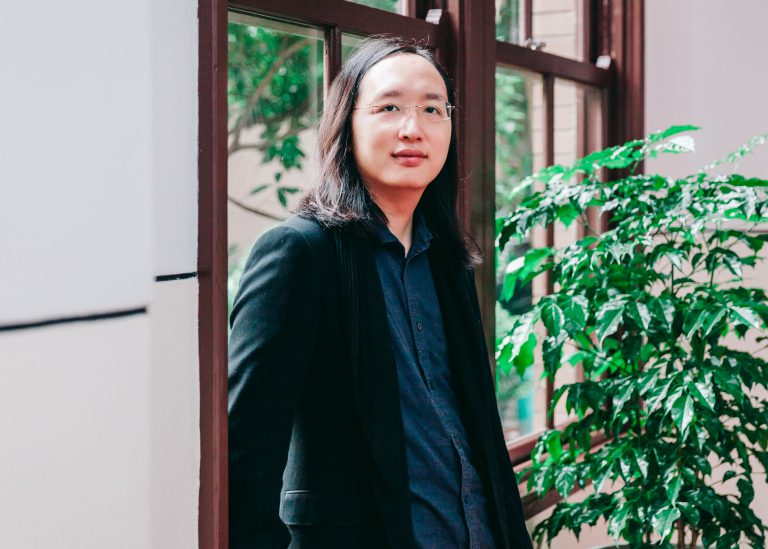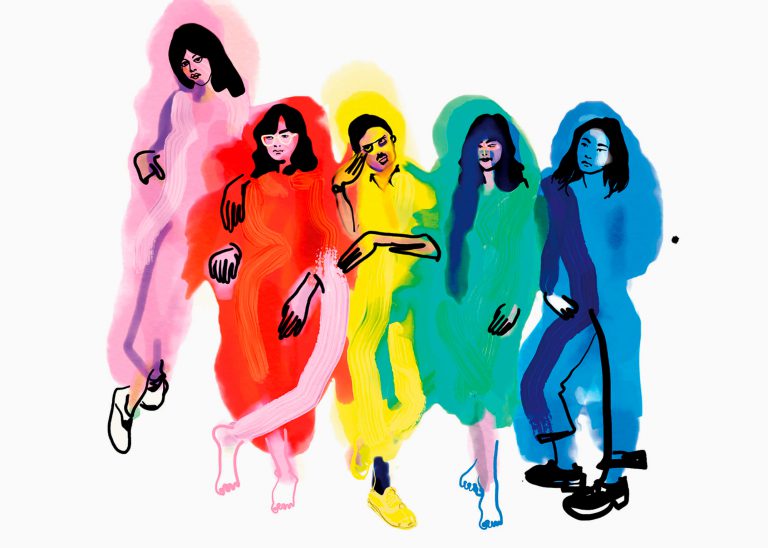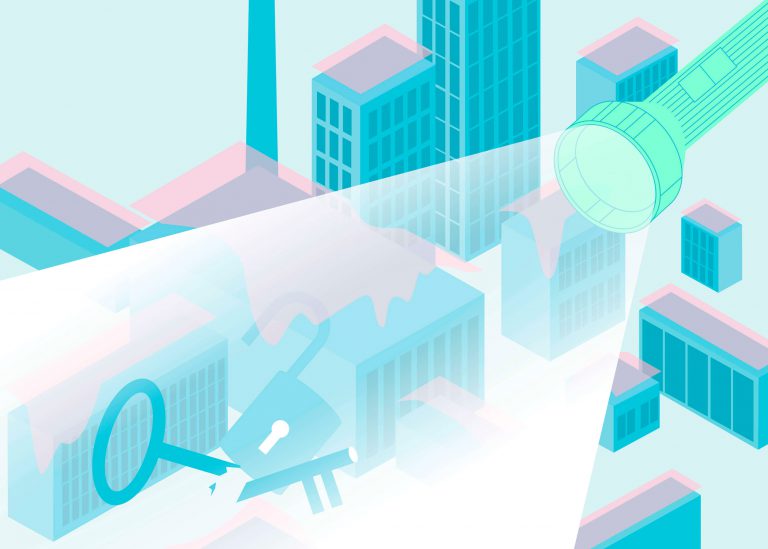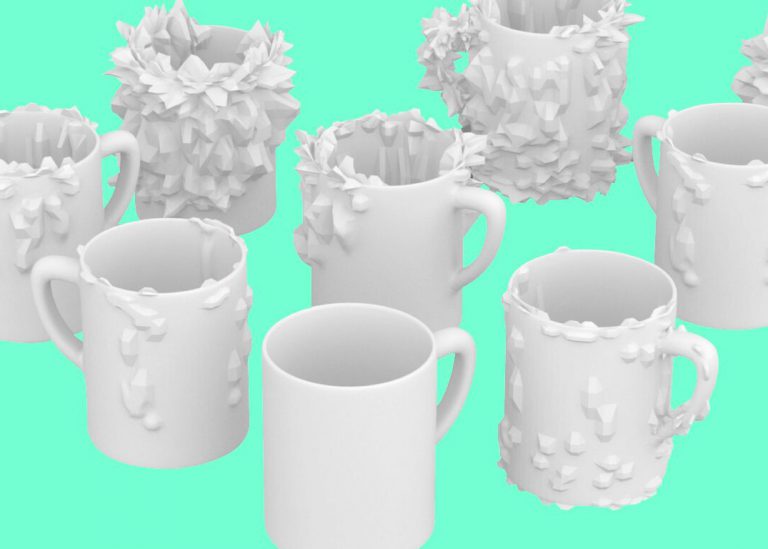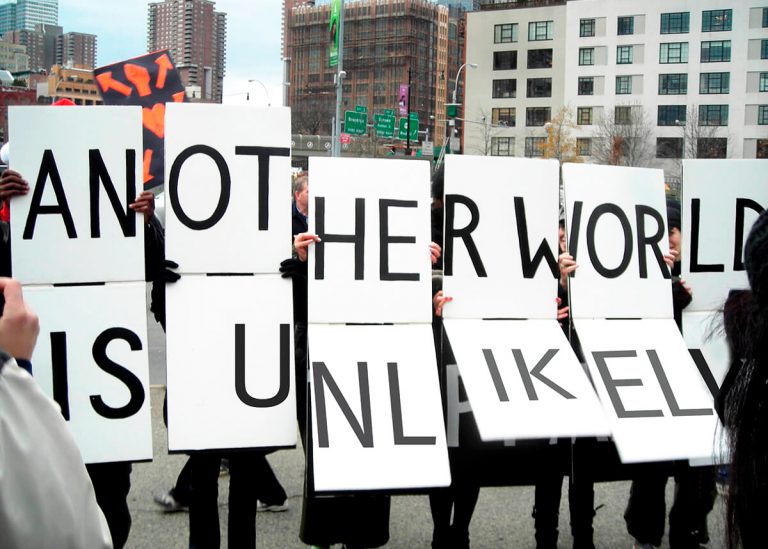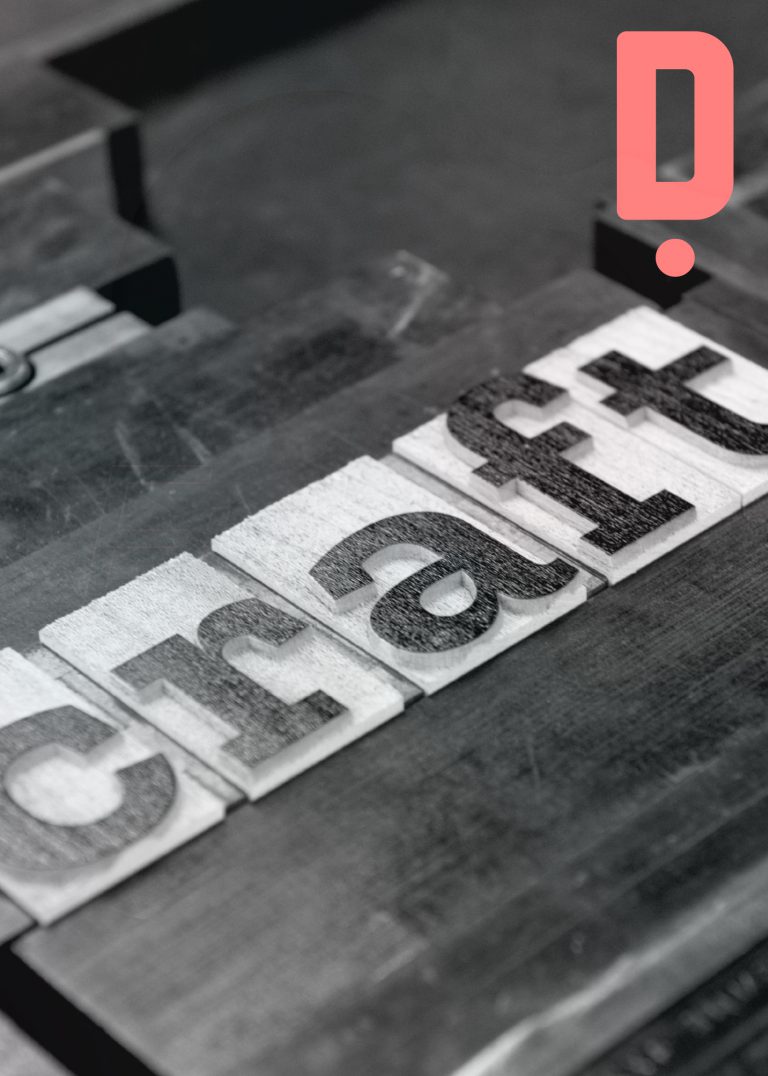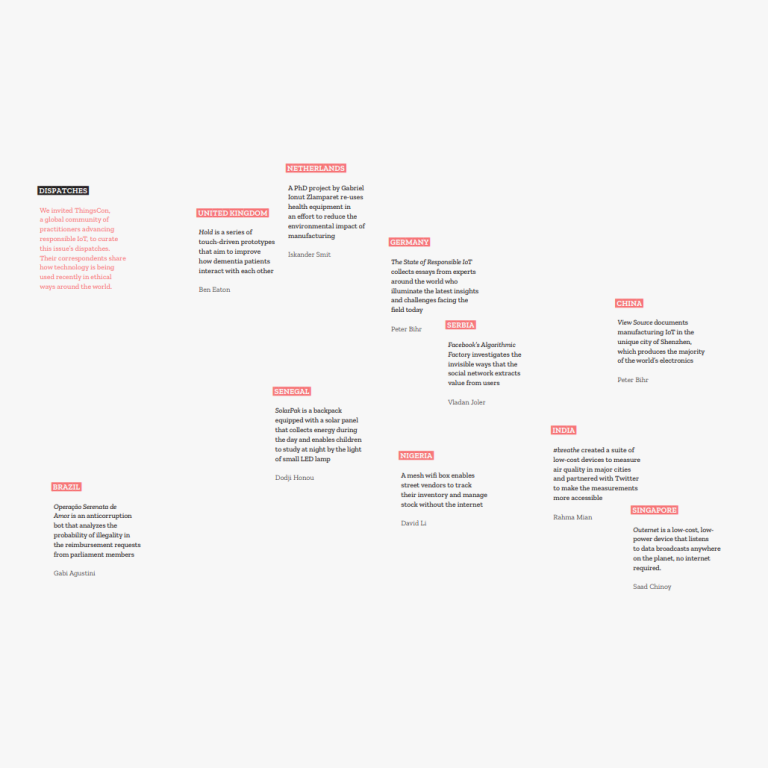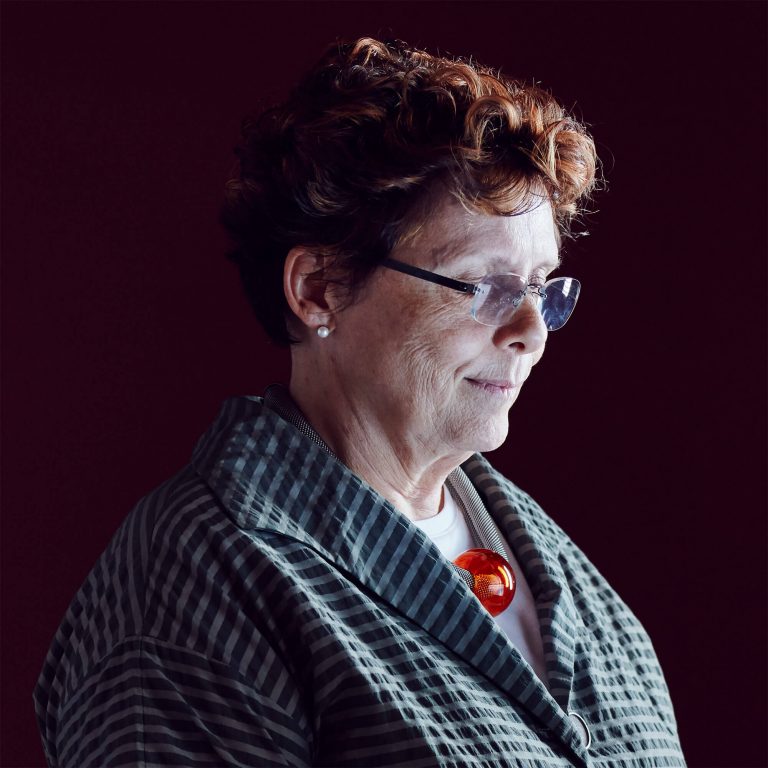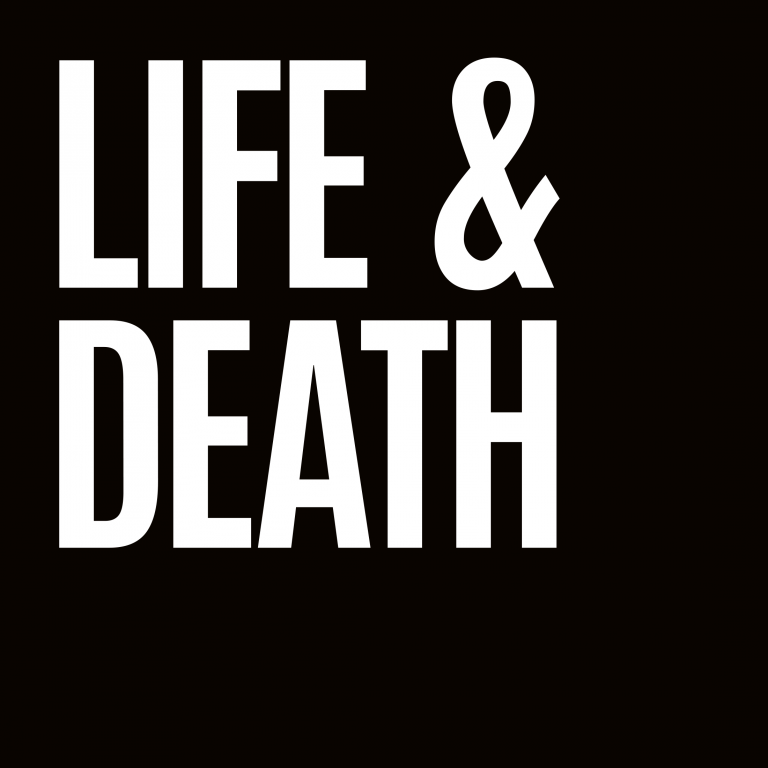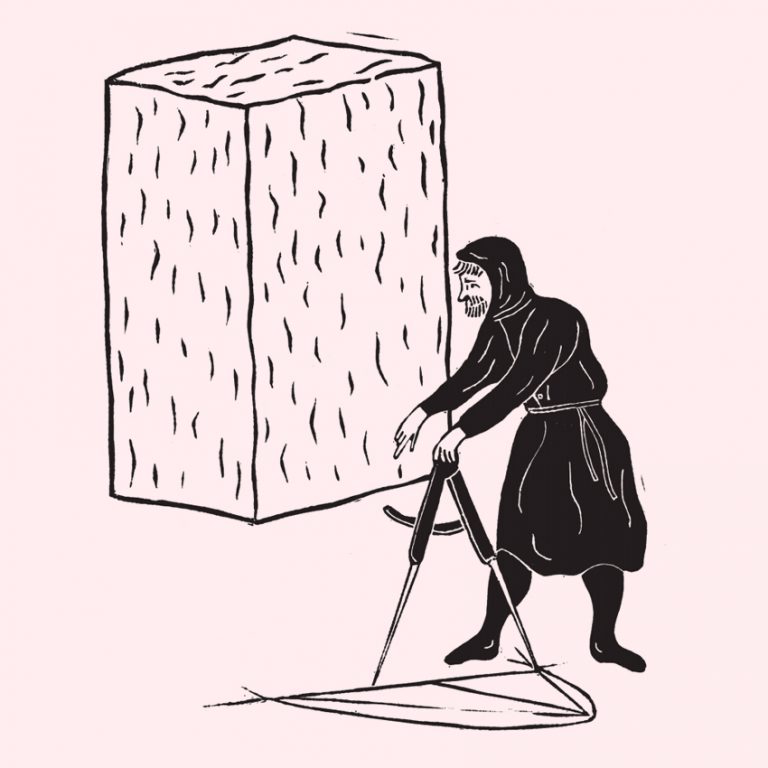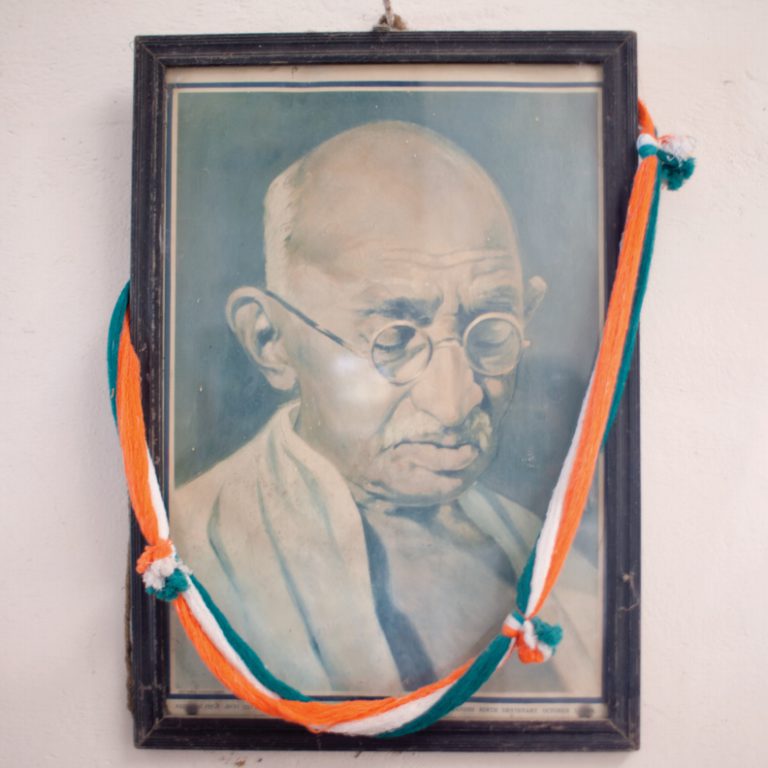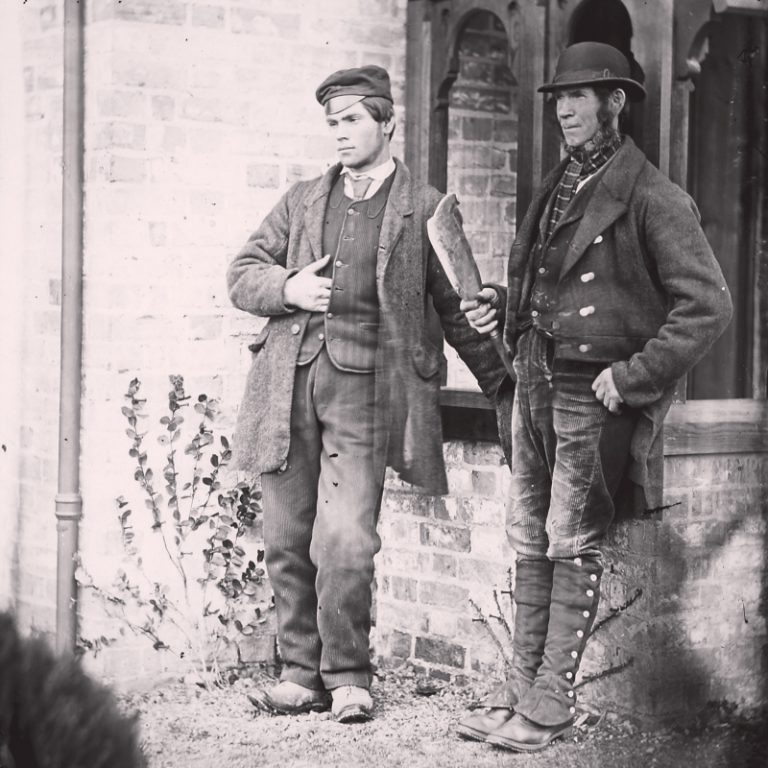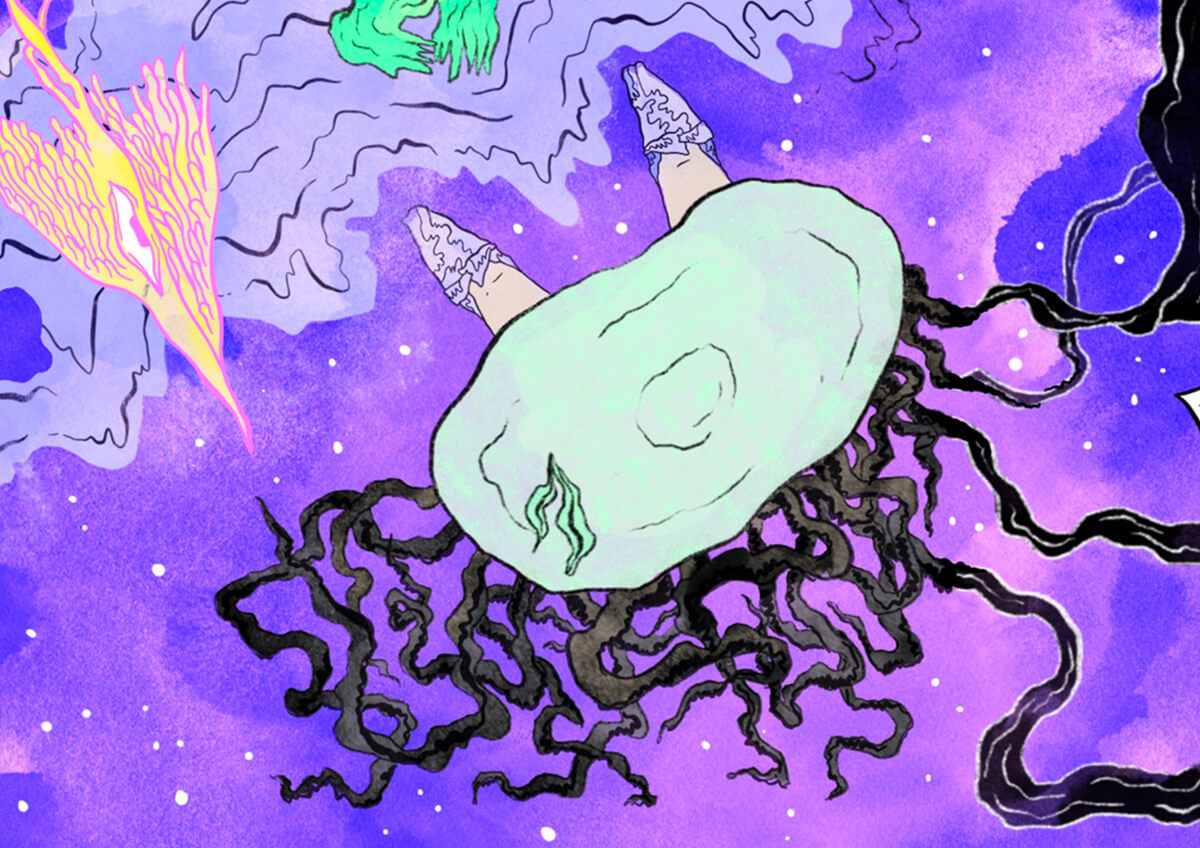
We need to change our narratives to upend the climate crisis and imagine what revolution looks like. This piece reminds us that the tools are at our disposal when we draw inspiration from familiar characters who dared to change their own worlds. We can use our imaginations to quiet internal fears and work toward a more equitable future.
When I think of the climate crisis, I think about how we got here and what physical changes the earth is going through. The word “crisis” elicits panic and dread, spiraling us into a negative sphere, declaring that the world as we know it is over — the end of times is always upon us! And yet, with that looming fear at the back of our minds, as we move ever closer to our impending doom, we still function as if everything is normal. Maybe if we ignore it, it will go away.
But what if we don’t ignore it and instead try to survive in these unprecedented times? What if we give ourselves the chance to keep on living? Bury the world we once knew and recreate one that is so much better. For me, that means working on the fringes of the climate revolution in a small island developing state, where our vulnerability is higher than most.
As a Black cisgender woman from the global South, I have been fighting a decade-long battle for myself in climate science, a field not designed to benefit or accommodate me, in a society that emphasizes that point. Every win requires deeper analysis of the systems we sit within. I can not fight for clean water and green spaces without acknowledging the past and present violent acquisition of land from Indigenous peoples. I can not talk about climate change and development without remembering how colonialism and slavery shape our world. I can not say we need to create new sources of energy without facing the racist and sexist practices that once excluded expert voices with more cultural context on these topics in specific communities. In this new climate world-building, we need to include more perspectives.
A friend once told me we gain perspective from fiction, and I love stories. As a child, novels, comic books, cartoons and radio shows all inspired me to write fiction and keep my imagination healthy. When I went into climate science, I felt that those dreams had to take a backseat because, with the crisis upon us, I needed to do more!
This year, a 13-year-old writer introduced me to her favorite stories, which were new to me and gave me room to pause and reflect on their nature. All narratives have a similar skeleton: a misunderstood character becomes “the chosen one” in a foreign world to make a notable change. But in these new fantasies, the stakes feel higher. The worlds feel different, unfamiliar and brave, with changing settings that reflect the main character’s struggle to become who they want to be rather than who they’re expected to be.
Every character feels more complex, representing different races, sexualities and abilities, seeking to achieve complicated goals. Even the “chosen one” narrative leans into something new to me, with characters discovering their kindness and empathy as a strength.
How do these new fictional narratives inform my fight on the fringes? The climate crisis has exacerbated the consequences of systems of oppression such as classism, racism, sexism, homophobia, transphobia and religious oppression. For the oppressed, climate change highlights how heavy the burden is for those whose oppressions are intersectional while shifting responsibility away from those in power. In fact, the “business as usual” crowd actively keeps things as they are because these systems of oppression confer them benefits and power.
Every great story has a villain. For this one, it is the mindset that upholds systems of oppression that are white supremacist and hyper-capitalist. The goal of this phantom is to oppress others in order to maintain power and hoard wealth and resources. This unfairness has led to divisiveness and bad faith in our communities, making it harder to prepare for the shifting world. The enemy is not the earth or changing climate — the enemy is the individualist lifestyle that has upheld oppressive structures.
Revolution requires a lot of imagination in our communities and uniting people to imagine an achievable and inclusive future. For the climate revolution, we should look to stories where protagonists bring light and hope in the darkest times. Where Danny, the song and dance cat, dared to dream and bring all of his friends along for the ride in “Cats Don’t Dance.” Where Luz entered a magical world, saved it and merged it with her reality because she dreamed of being different in “The Owl House.” Where Ma-Ti and his heart ring were the missing pieces needed to summon “Captain Planet.” These fictions inform who we are and what our powers can be in a world where it seems impossible to win.
Change has happened before, and it will happen again if we dare to dream. These fictions remind us of the strength of our choice to come together and demand more, because these fictions are echoes of history. In her latest book, “Rules to Win By,” Jane McAlevey lists historic methods that have led to globally historic wins by unions, made up of people who chose to fight for more. In 2020, the George Floyd and Brianna Taylor protests ignited Black Lives Matter protests all over the world. The COVID-19 pandemic accommodations showed us that we can build a better world.
As an Open Climate Fellow, I reimagined what climate revolution could look like in small communities around the world by using the internet resources that connected us. My project on Cultural Climate Adaptation Methods highlighted sustainability efforts across The Bahamas that could be connected to cultural practices, to encourage climate action and increase accessibility. My mentors and co-fellows inspired me to dream big and plan with intention.
The change we want can start with small actions in our communities, like creating new approaches for subsistence farming and food security, building more spaces to better adapt to our changing world, or protecting our land and seas. Though the fight may feel impossible because the stakes are high, we can win! Instead of waiting for an apocalypse, we can act now and write a new story that does not have to end.
